GRE Preparation
We can help your score get you where you want to go with a comprehensive, yet accessible GRE program for test-takers of all levels.
Interested in learning more? Get in touch

How it works
We believe that a tailored program is a basic prerequisite for any effective tutoring relationship.
Process
Is the GRE right for you?
Most graduate schools, including many MBA programs, use GRE scores during their admissions process. We can help you get your score in shape.
Determine when you need to take the test
Familiarize yourself with the format of the exam and official resources
Establish a baseline on a practice test
Create a preparation plan
Start tutoring, and later practice testing
Tutor spotlight
We are a group of exceptional GRE tutors prepared to meet the needs of every kind of student. As a prerequisite, every tutor joining us has scored in the 99th percentile on the exam. But, we also look for effective communicators, savvy interpreters of testing data, and structured thinkers.
Meet everyoneWe are a group of exceptional GRE tutors prepared to meet the needs of every kind of student. As a prerequisite, every tutor joining us has scored in the 99th percentile on the exam. But, we also look for effective communicators, savvy interpreters of testing data, and structured thinkers.
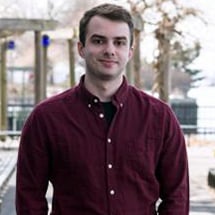
Terry
Terry holds a BA in English and French (Amherst), and an MPhil in European Literature & Culture (University of Cambridge). He holds a PhD in French Language and Literature from NYU and currently teaches at Vassar.
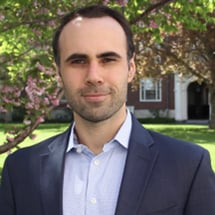
Jimmy
Jimmy is a PhD candidate in Sociology & Social Policy at Harvard. He holds a JD (Harvard) and BA in English and Social Studies (Harvard). Currently, he is a Lecturer on Law at UCLA Law and a pro bono attorney.
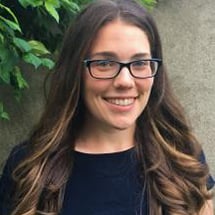
Colleen
Colleen earned a PhD and MA from Harvard University in History, an MA in Modern European History from St Andrews, and a BA in History and Art History from University of Notre Dame. Currently, she is a researcher at Johns Hopkins.
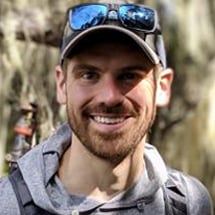
Graham V.
Graham holds an MD (Vanderbilt University Medical School) and MBA (Harvard Business School). He earned his BS from MIT in Materials Science & Engineering. Currently, he is an Emergency Medicine Resident at Vanderbilt Medical Center.
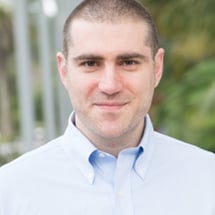
Bassel
Bassel received an MS in Civil Engineering from MIT and a BS in Engineering from Harvard. He has taught college courses on topics ranging from probability and statistics to modern history.
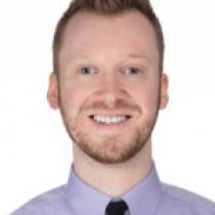
Jonathan W.
Jonathan is an MPA student at Columbia University School of International and Public Affairs. He earned his Bachelor's from Tufts University, where he double-majored in Politcal Science and Economics.
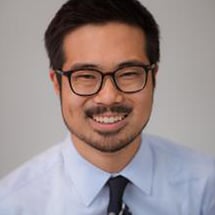
Elliot
Elliot holds an MD/PhD from the Harvard-MIT Health Sciences and Technology program. He is a resident in internal medicine at Mass General Hospital.
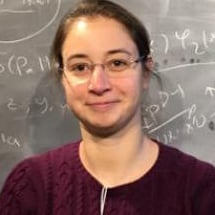
Sarah G.
Sarah earned her BS in Physics and PhD in Theoretical Physics at MIT. She is now an NSF Ascend Mathematics and Physical Sciences Fellow at the Santa Cruz Institute for Particle Physics and the Berkeley National Lab, where she studies early universe cosmology and primordial black holes.
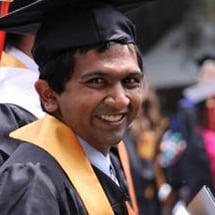
Aditya K.
Aditya is a PhD student in Computer Science at the University of Illinois. He received his BS in Computer Science and Applied Computational Mathematics from CalTech and MS in Computational Science and Engineering from Harvard.
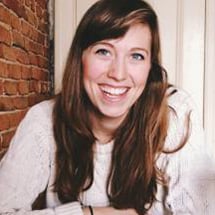
Erin B.
Erin holds an MFA from the Iowa Writers' Workshop. She also holds an MA in Modern & Contemporary Literature (University of Virginia) and BA in English (Rutgers University, summa cum laude with high honors).
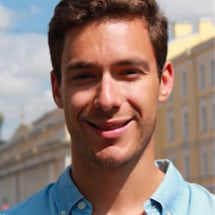
Paul W.
Paul holds a BA in History (Yale) and MA in Global Affairs (Schwarzman College, Tsinghua University). A recipient of the Fulbright and Schwarzman Fellowships, Paul is currently a Presidential Management Fellow in Washington DC.
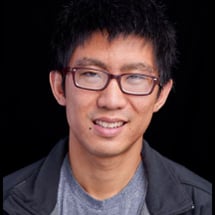
Di
Di is an MBA student at the UC Berkeley Haas School of Business and has deferred admission to Harvard Law School. He received his BS in Mathematics, and BAs in Economics and Statistics at the University of Chicago.
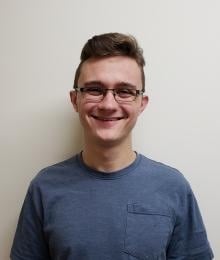
Daniel Pa.
Dan is a PhD student in Mathematics at Ohio State University. He attended Bard College and graduated summa cum laude with a BA in Mathematics and a minor in Physics.
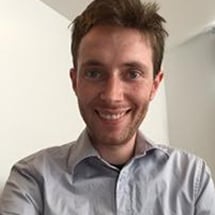
Troy
Troy graduated cum laude from Yale, where they received their BA in Ethics, Politics, and Economics. Afterwards, Troy taught middle school math and science in Mississippi as a Teach For America (TFA) Corp Member and led professional development for TFA science teachers in the region.
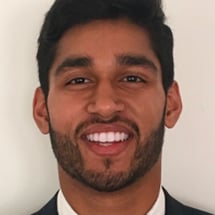
Akash
Akash is an MD candidate at Harvard Medical School. He received his BS in Biomedical Engineering from Johns Hopkins University, and completed a one-year retinal neurophysiology research fellowship at the National Eye Institute.
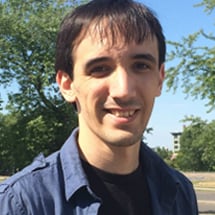
Alexander V.
Alex earned his Master's in Musicology from Oxford University and his Bachelor's, with a double major in in Mathematics and Music, from Harvard University. He has been tutoring students for over eight years.
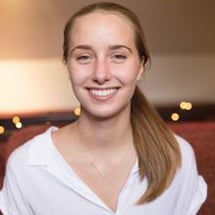
Caroline B.
Caroline earned her Bachelor's degree from Harvard in Chemical and Physical Biology. After graduation, she conducted reserach in health economics and policy. She is currently a medical student at Harvard Medical School.
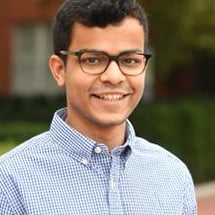
Ash N.
Ash received his MA in Economics from Columbia University. He graduated with a degree in Electrical Engineering and Econometrics from the University of Alabama at Birmingham (summa cum laude, Tau Beta Pi).
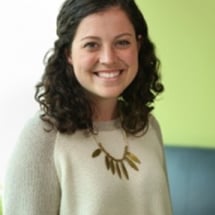
Kate H.
Kate earned her BA in Public Policy from Stanford, and then completed a year of service with City Year San Jose before joining The Bridgespan Group, a nonprofit consulting organization. She now teaches English in Madrid, Spain.
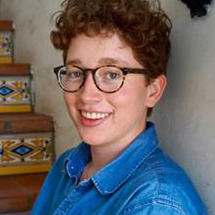
Calvin R.
Calvin holds a BS in Biochemistry from Georgia Tech and a BA in Philosophy, Politics, and Economics from Oxford, where he was a Rhodes Scholar. He is now a PhD candidate in Biology at Johns Hopkins.
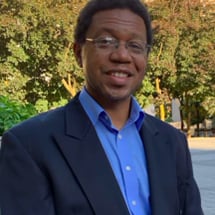
Charles P.
Charles graduated from Princeton University with a BSE in Mechanical Engineering and Certificate in Theater and Dance. He has been a private tutor in New York City for over twelve years.
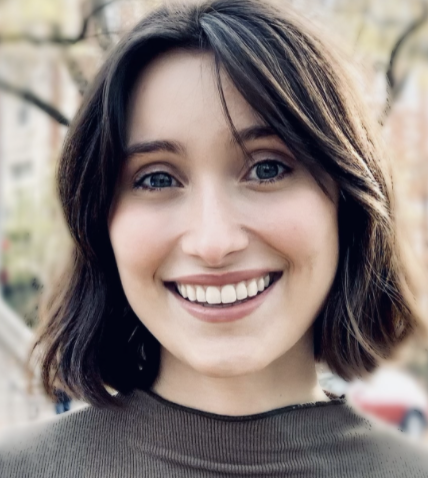
Tess D.
Tess earned her BA in Psychology at Harvard College. After a few years working in entertainment, she's now pursuing a Master's in Developmental Psychology from Columbia University's Teachers College.
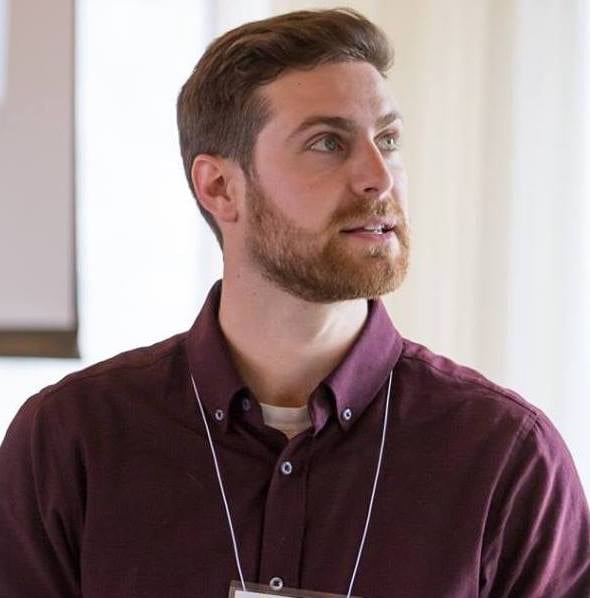
Sam D
Sam holds a BS in Physics (Cornell) and a PhD in Physics (Harvard). He's now a postdoctoral researcher at the University of Pennsylvania, studying physical systems and machine learning applications.
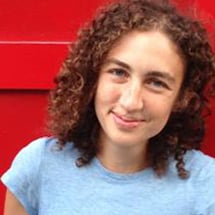
Adrienne
Adrienne received her English PhD from Harvard University, her MFA from the Iowa Writers' Workshop, and her BA from Princeton University. She is a nonfiction writer and poet, and teaches in the Writing Program at Princeton University.
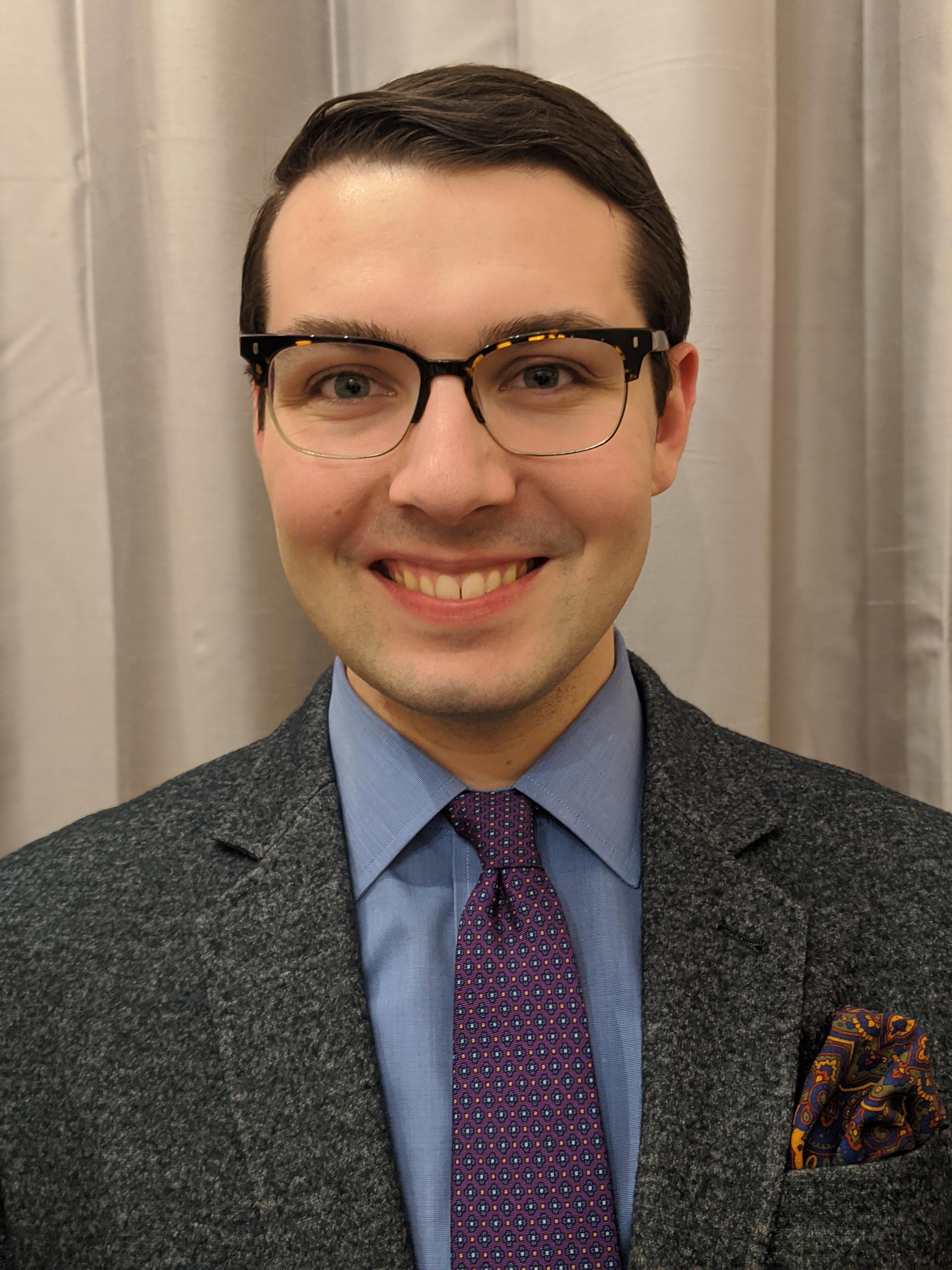
Eric M
Eric graduated from Oberlin College and Conservatory with a BA in Hispanic Studies and BM in Composition. He then received an MA in Teaching at Boston University, where he was awarded the Future Language Educator Scholarship.
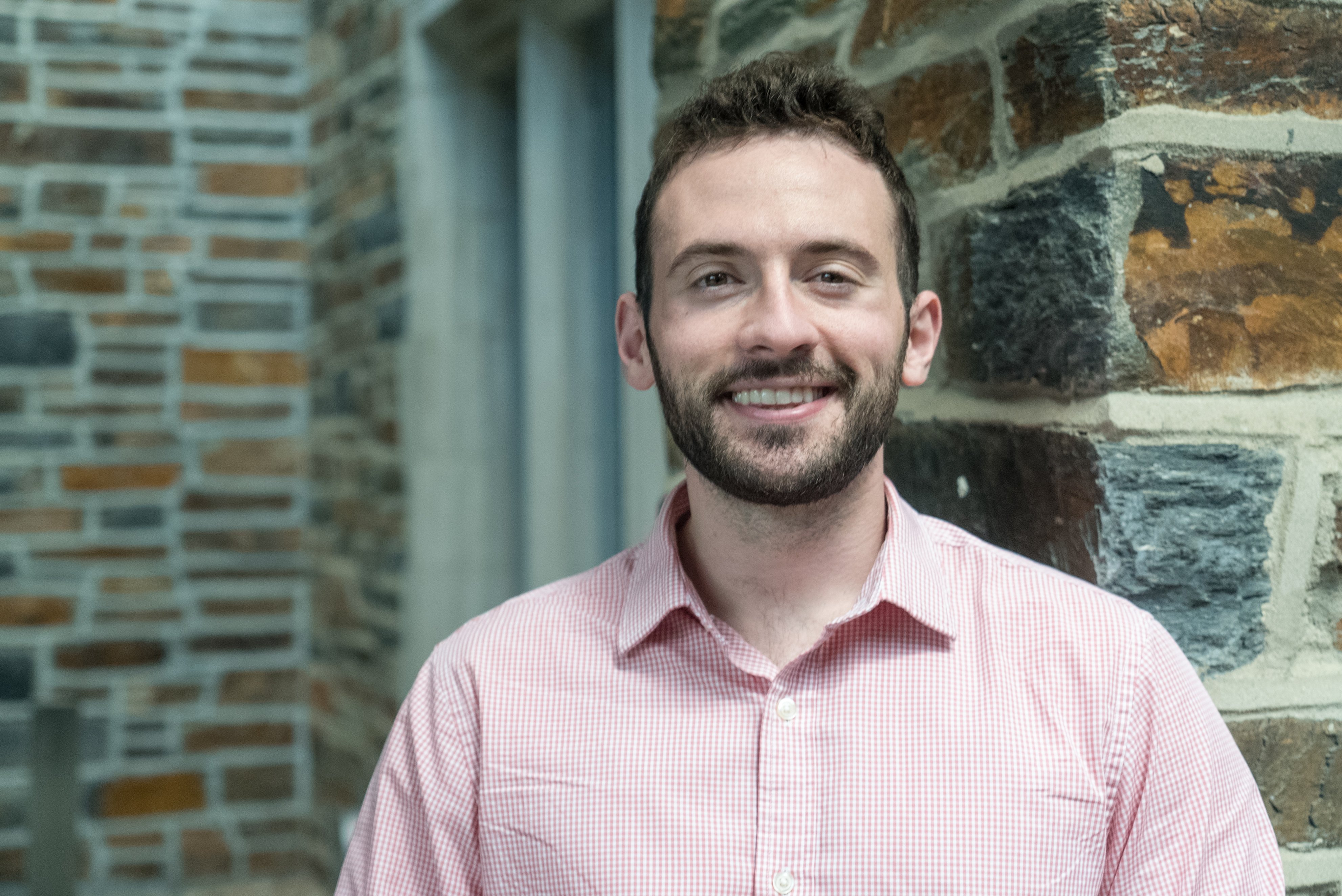
Gus
Gus is a postdoc at Columbia University's counseling center. After completing his doctoral internship at the UCLA Counseling Center, he is wrapping up his PhD in Clinical Psychology at Columbia University. Previously, he earned his undergrad degree in history at Harvard College.
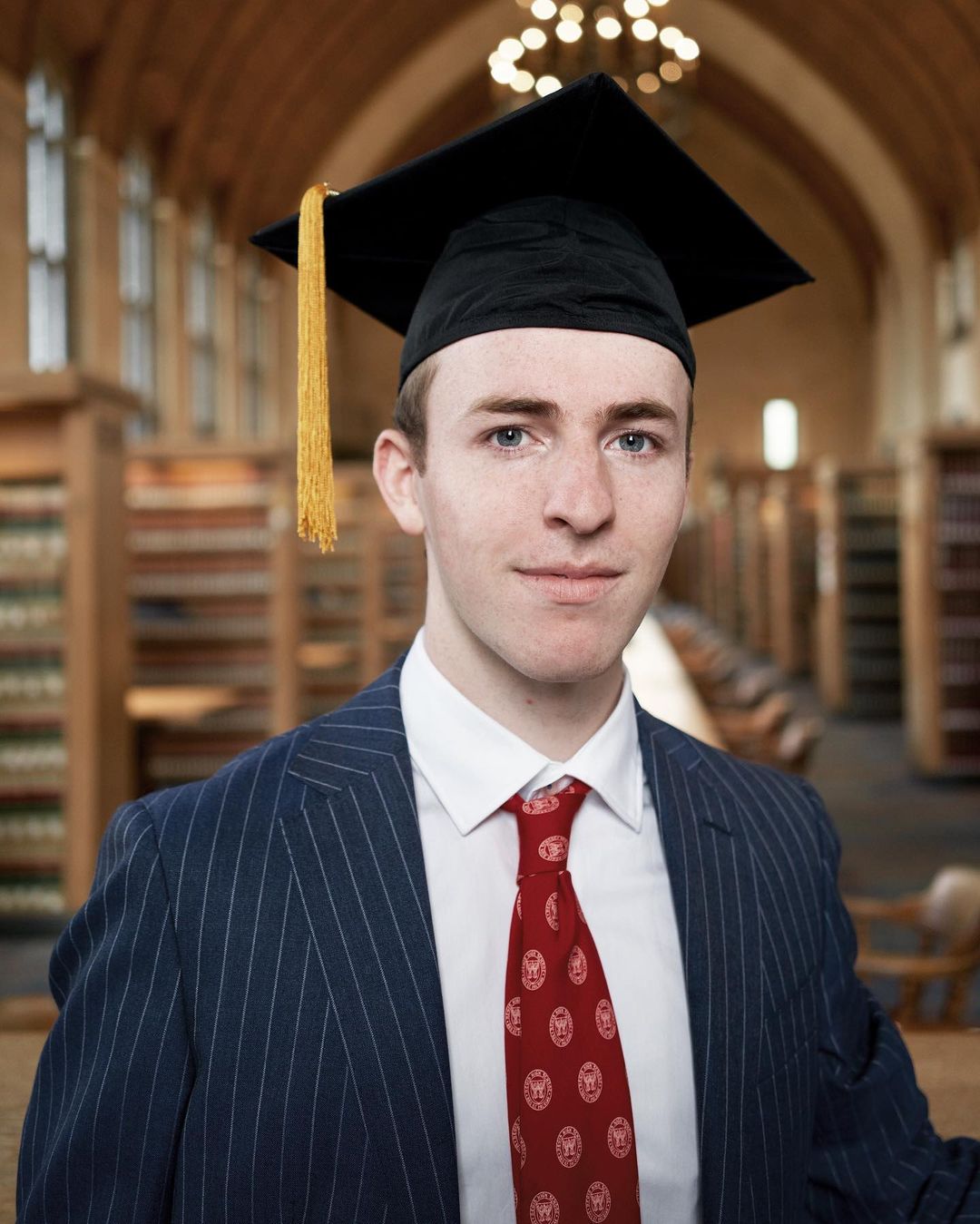
Liam B.
Liam holds a BS from Cornell University's School of Industrial and Labor Relations. After graduating, he accepted a leadership development role within the healthcare sector of CVS.
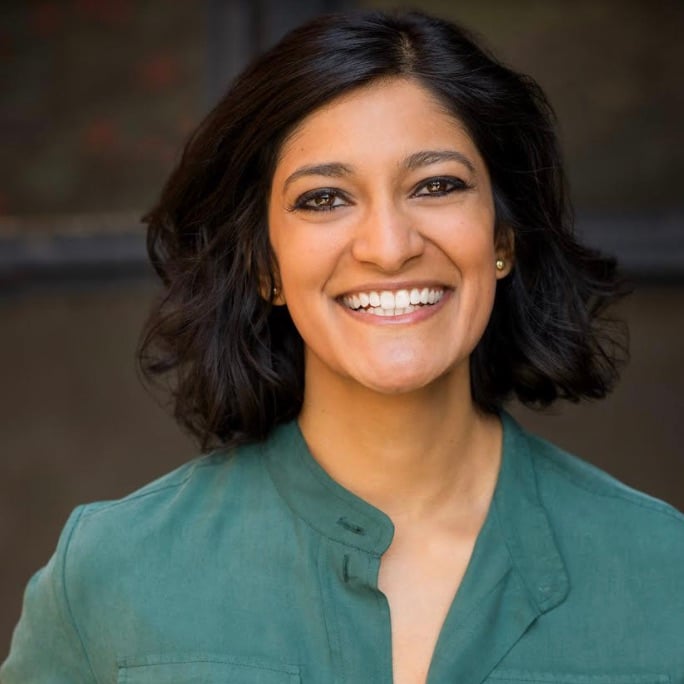
Sheela
Sheela earned her BFA in Vocal Performance and BS in Psychology from Carnegie Mellon University. She earned a Postgraduate Diploma in Vocal Performance from the Royal College of Music and an MSc in Cognitive & Decision Sciences from University College London. She also holds a JD from Yale Law School.
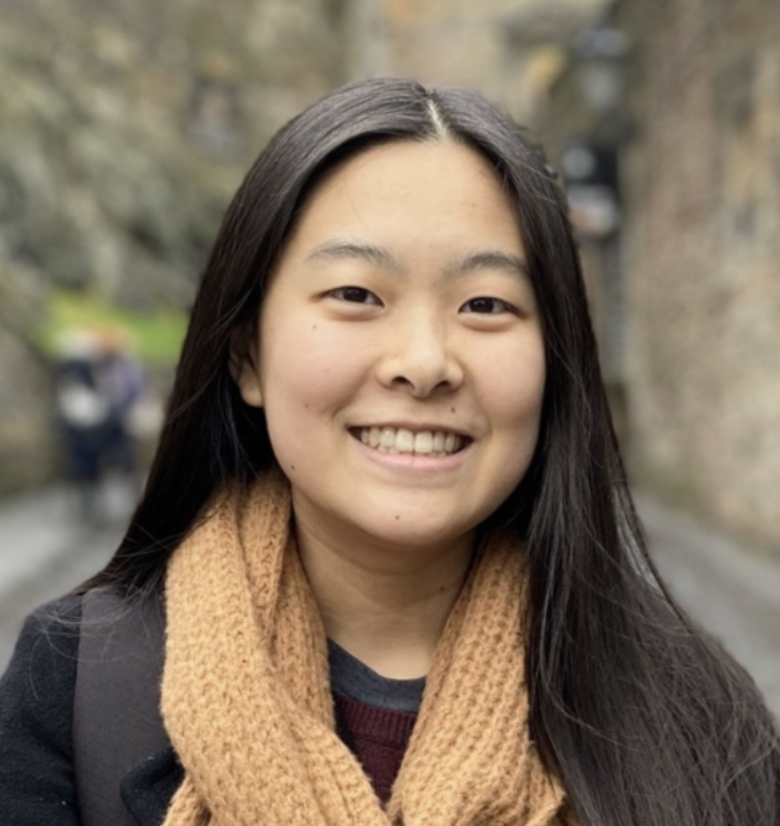
Alice Wa.
Alice studied English Literature at Wellesley College and graduated cum laude with honors. Currently, Alice is studying at the Harvard Graduate School of Education, specializing in Teaching and Curriculum. She's conducting her practicum at Arlington High School, where she teaches 9th grade English.
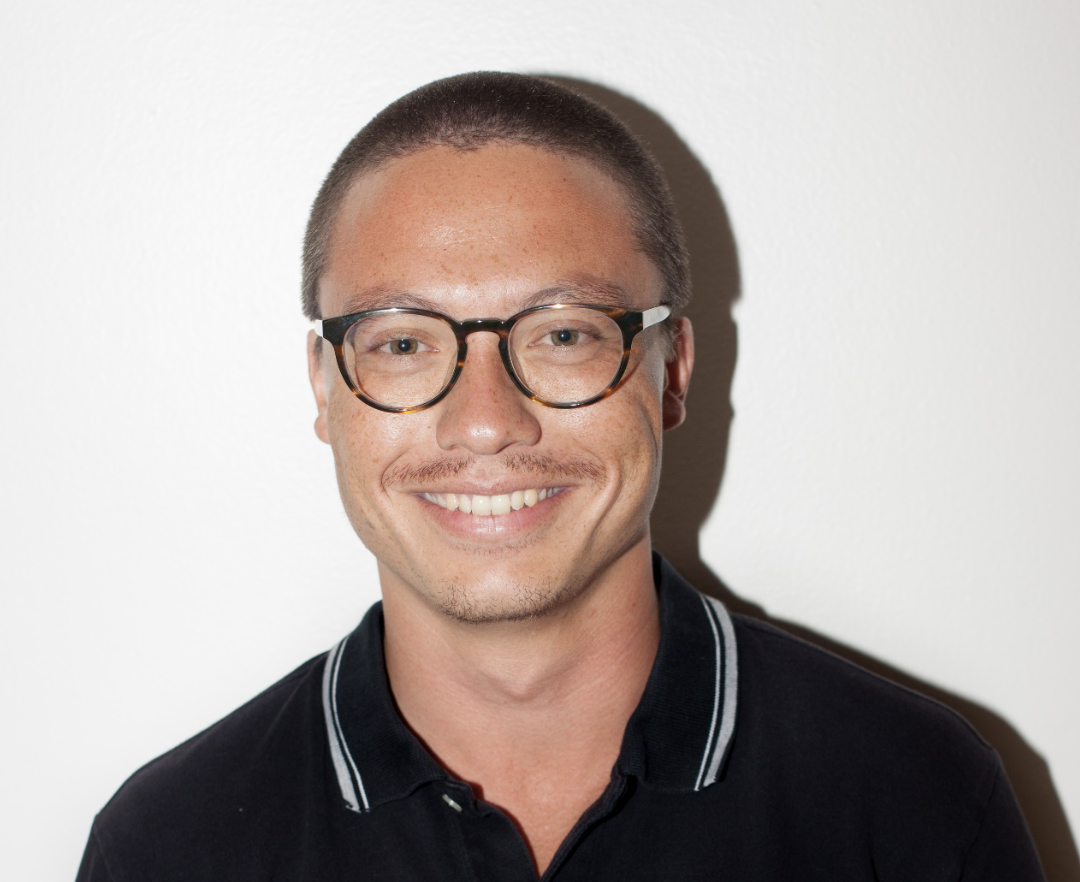
Hollis P.
Hollis holds a BA in Rhetoric and a BS in Environmental Economics and Policy from UC Berkeley. He is presently an MA Candidate in Architecture at Harvard University.
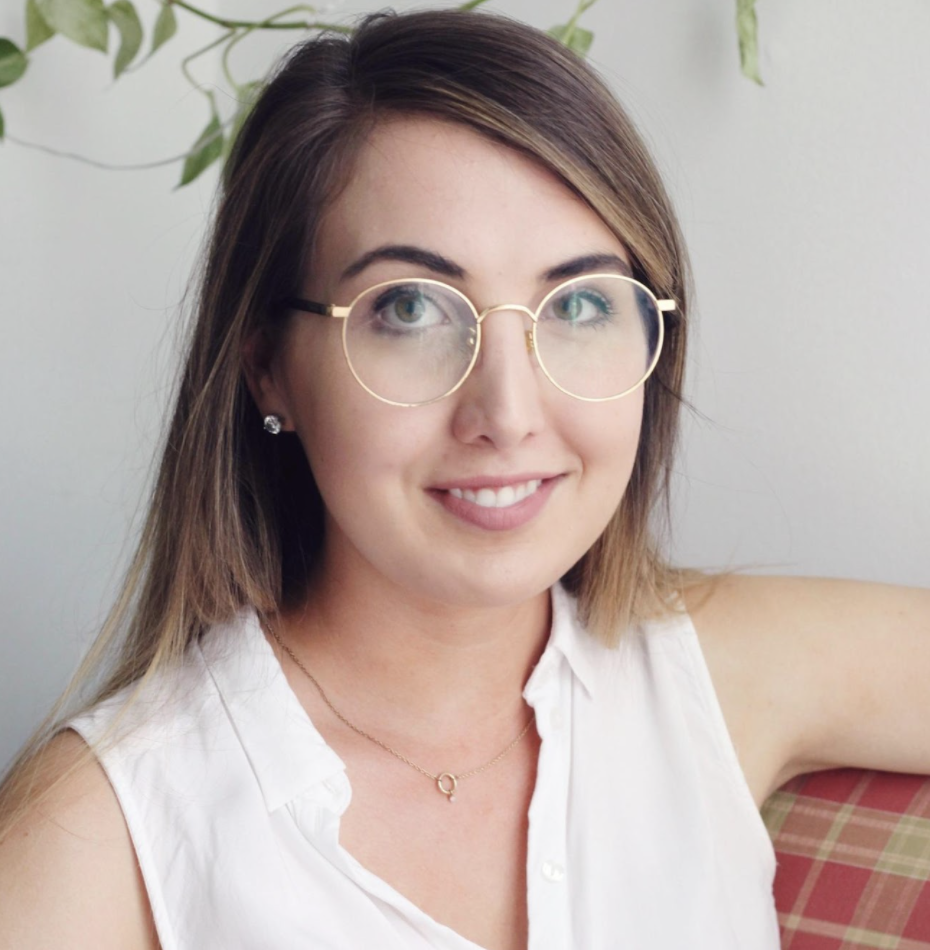
Kellen H.
Kellen holds a BA from Princeton in History & African American Studies, and a PhD from Columbia in History. She was a Predoctoral Fellow at UPenn’s McNeil Center for Early American Studies, and is now working on her Postdoctoral Fellowship at Penn State University.
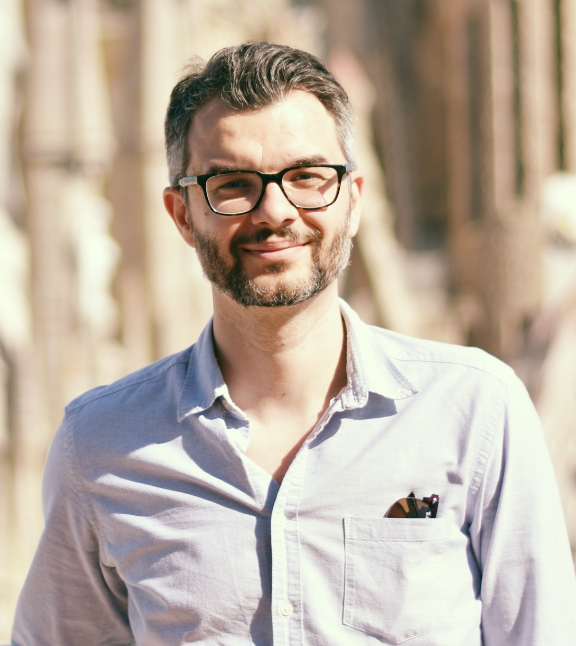
Nick S.
Nick graduated from Columbia University with degrees in English and Economics. He next earned a teaching certificate and moved to Barcelona to teach English. Since 2003, he’s been teaching all over the world, usually spending winters in Berlin and summers in Barcelona.
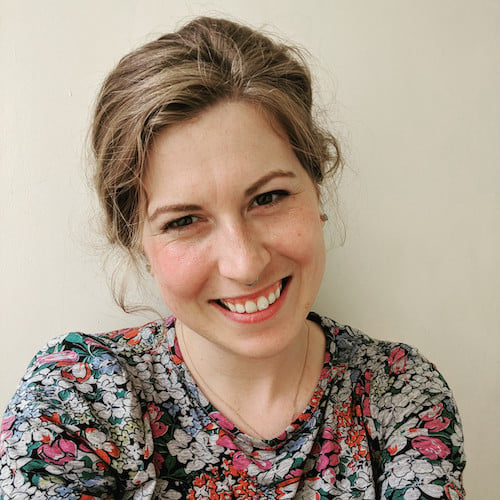
Paige B.
Paige is a research associate at Harvard Business School’s Project on Managing the Future of Work. She earned her MBA at MIT Sloan School of Management and her bachelor’s in Materials Science and Engineering at Johns Hopkins University.
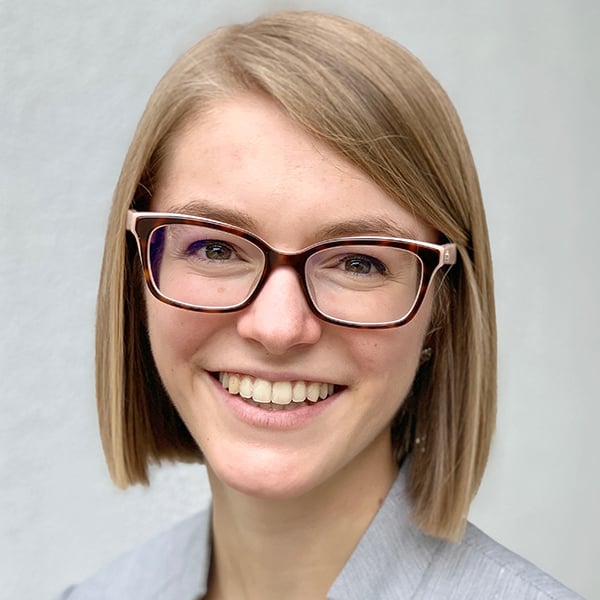
Marta
Marta is an Otolaryngology resident at the University of Minnesota. She holds an MD from Harvard Medical School.
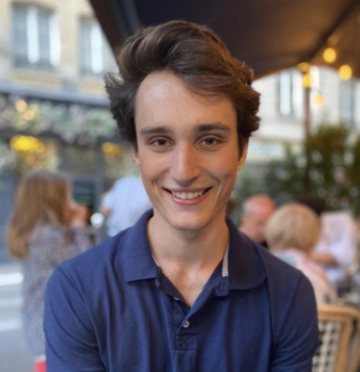
Xavier
Xavier graduated from Yale College in 2019 with a BS in Molecular, Cellular, and Developmental Biology. He went on to earn his PhD in Neuroscience from Columbia University, where he worked at the intersection of organic chemistry and pharmacology. Currently, Xavier is a scientist at Alpha Genesis, Inc., the largest primate breeding and research facility in the United States, where he advances biomedical research through pre-clinical trials and collaborations with pharmaceutical companies and academic research labs.
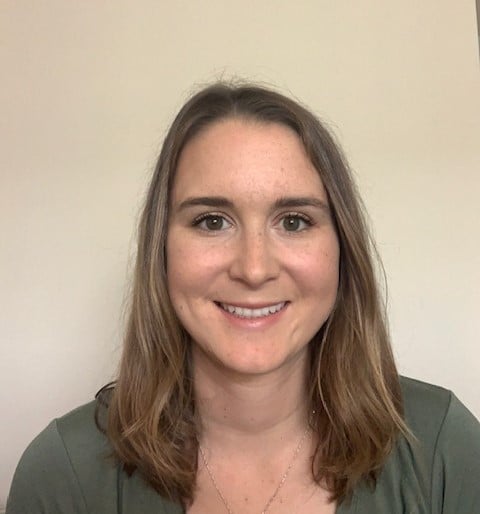
Valerie A.
Valerie completed her BS in Mechanical Engineering at MIT. She then completed her MS in Mechanical Engineering from Georgia Tech. She is now a mechanical engineer in the nuclear power industry.
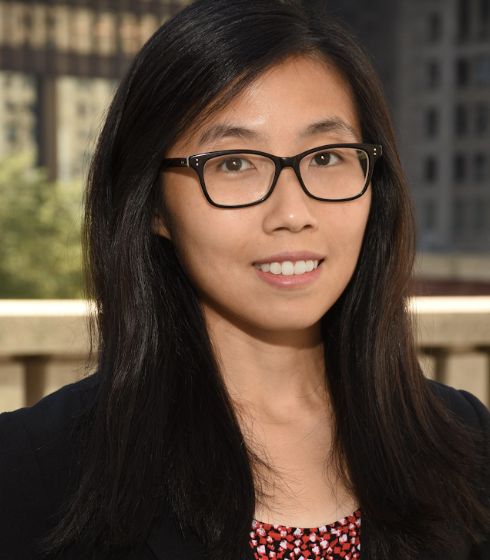
Eleanor S.
Eleanor is an MBA/Masters in Computer Science dual degree candidate at the University of Chicago/Booth School of Business. Previously, she received her Bachelor’s degrees in Economics and Molecular Biophysics and Biochemistry from Yale University.
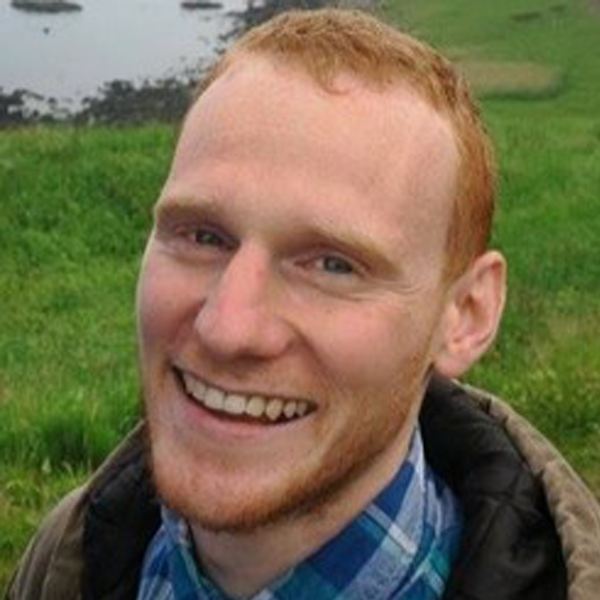
Sean B.
Sean graduated from Yale University with a degree in American Studies. After teaching in Oklahoma City at Odyssey Leadership Academy, he went on to earn his MFA in Poetry at Boston University.
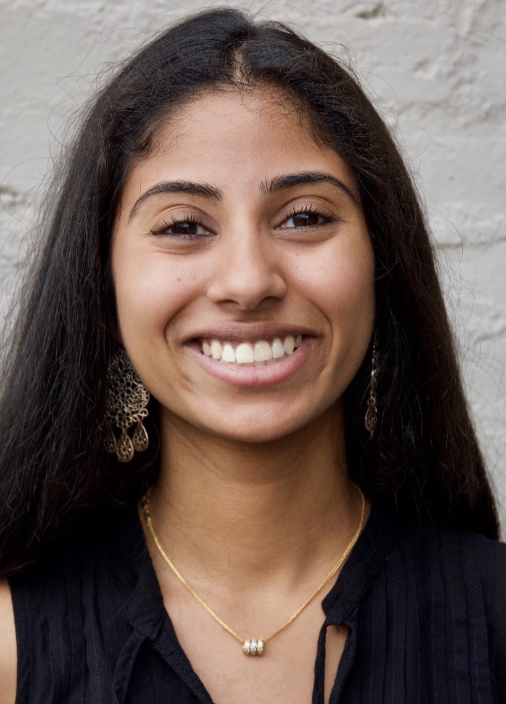
Rasheca
Rasheca was a Robertson scholar who attended Duke University and also had the opportunity to simultaneously major at the University of North Carolina Chapel Hill. At Duke, Rasheca majored in Public Policy and at UNC Rasheca majored in Nutrition. She graduated in 2020 summa cum laude, with distinction, and as a member of Phi Beta Kappa. She is currently pursuing a medical degree at Harvard Medical School.
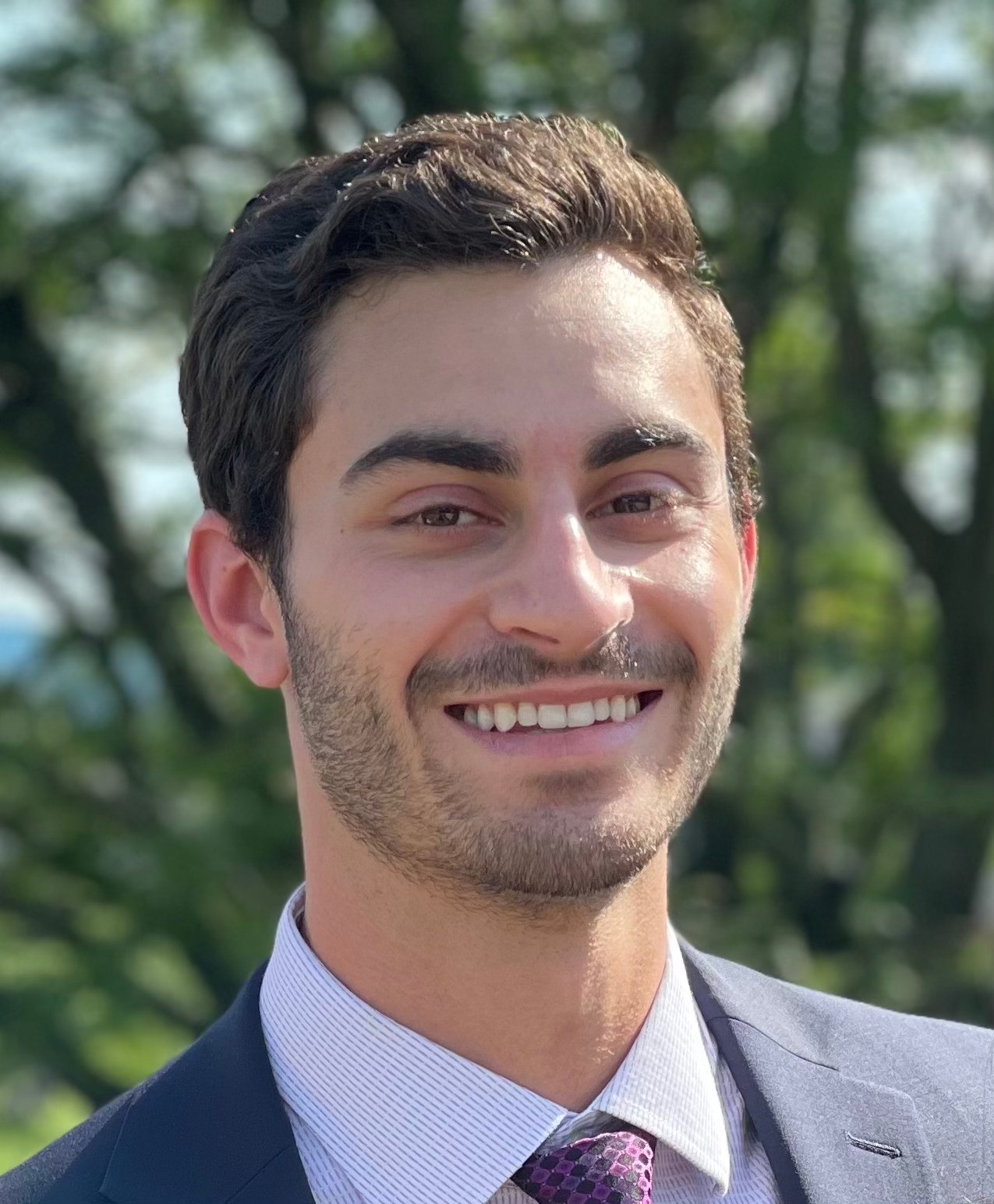
Iggy
Iggy majored in Mathematical Sciences at West Point. He now studies machine learning and applied mathematical techniques at MIT, working at the MIT Lincoln Laboratory to develop algorithms that predict the impact of cyber-attacks on national defense systems.
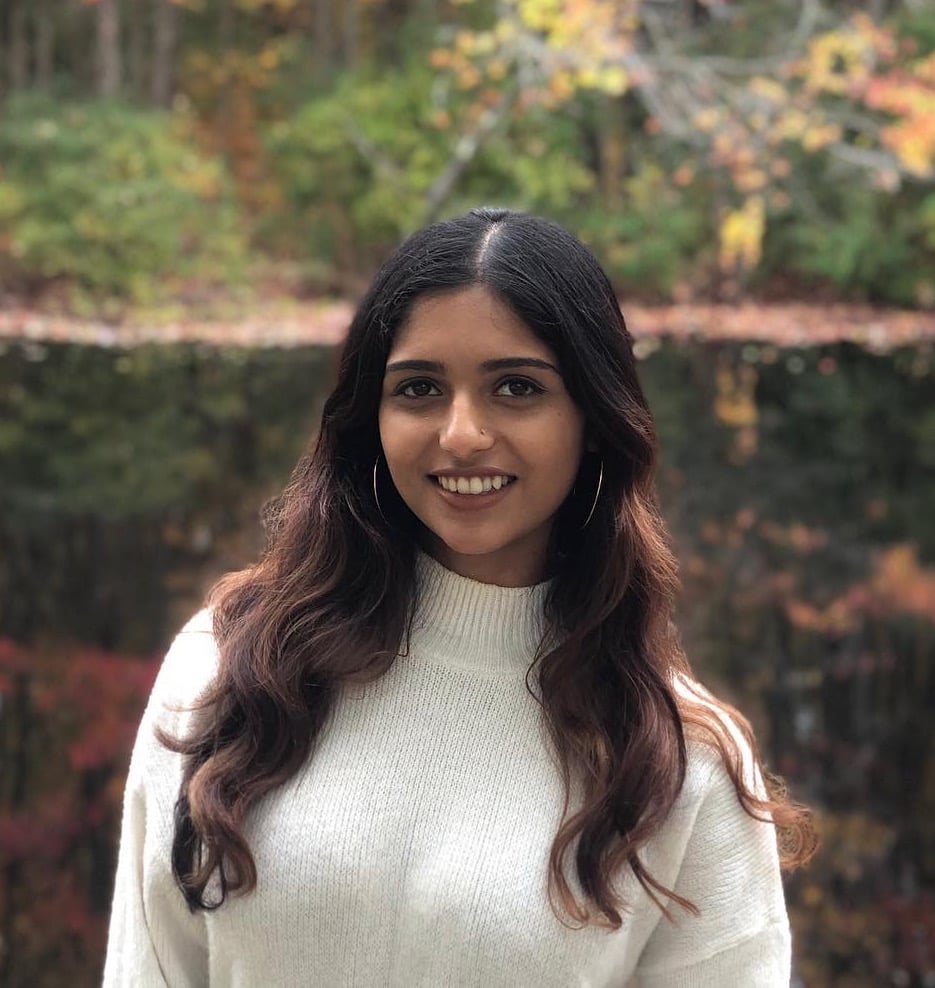
Tarika
Tarika graduated with dual degrees in Philosophy and Biochemistry from The University of Texas at Austin. After earning her MD at Harvard Medical School, she is now a resident at Mayo clinic in otolaryngology.
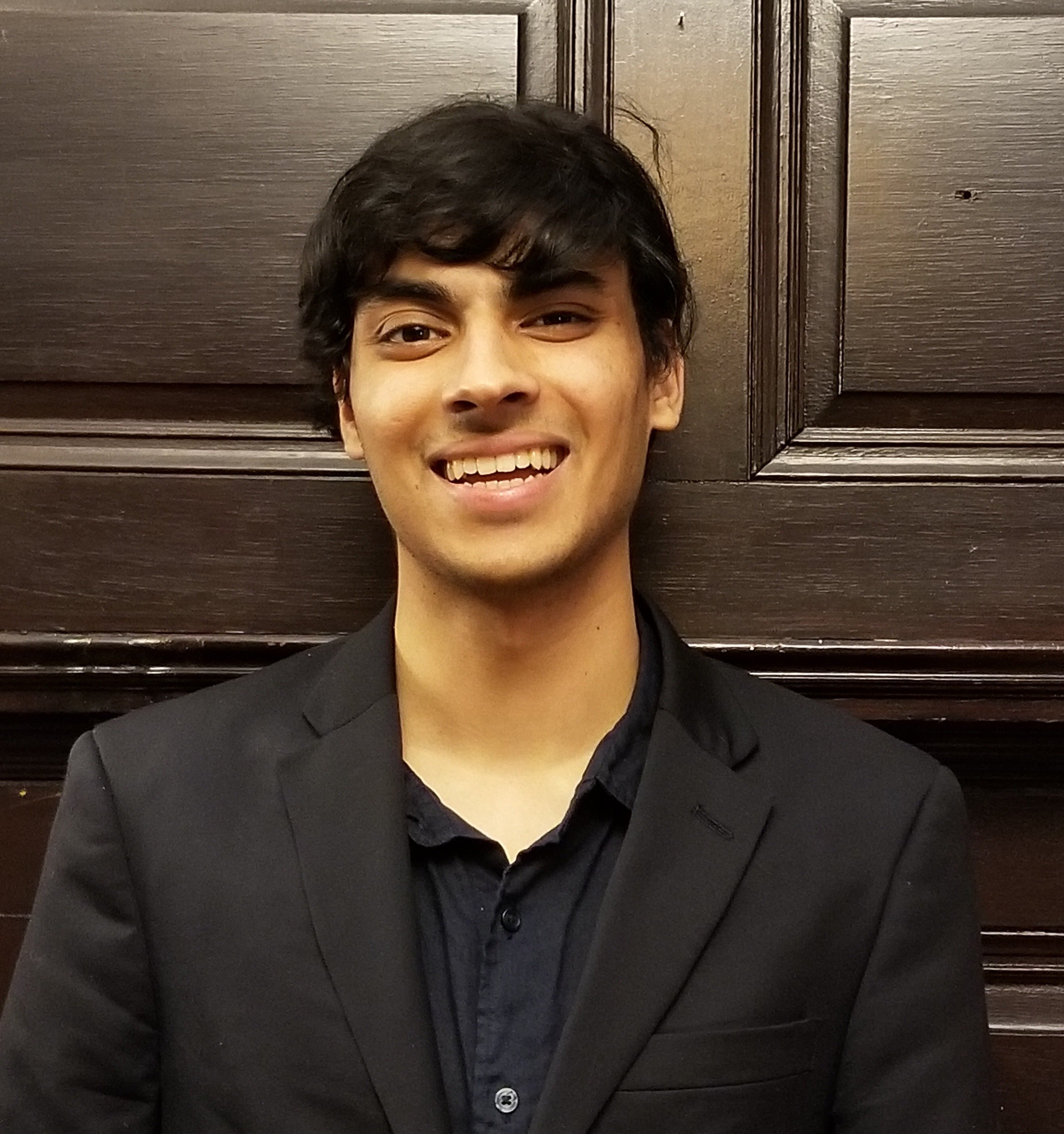
Akhil
Akhil holds a BA and MA in Political Science from Yale University. He is currently pursuing his MS in Comparative Social Policy from the University of Oxford as a Marshall Scholar. Following his time in Oxford, he will begin studying for his JD at Yale Law School.
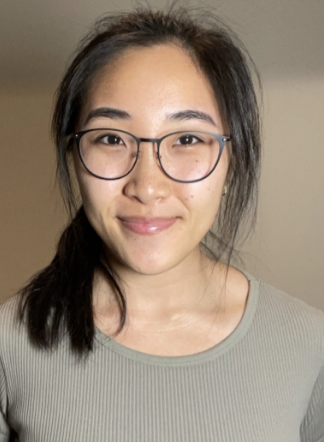
Chenguang
Upon graduation from Dartmouth, Chenguang received the James B. Reynolds scholarship to study for an MPhil at the University of Cambridge in Physiology, Development, and Neuroscience. She is now pursuing a PhD at Harvard in Biophysics.
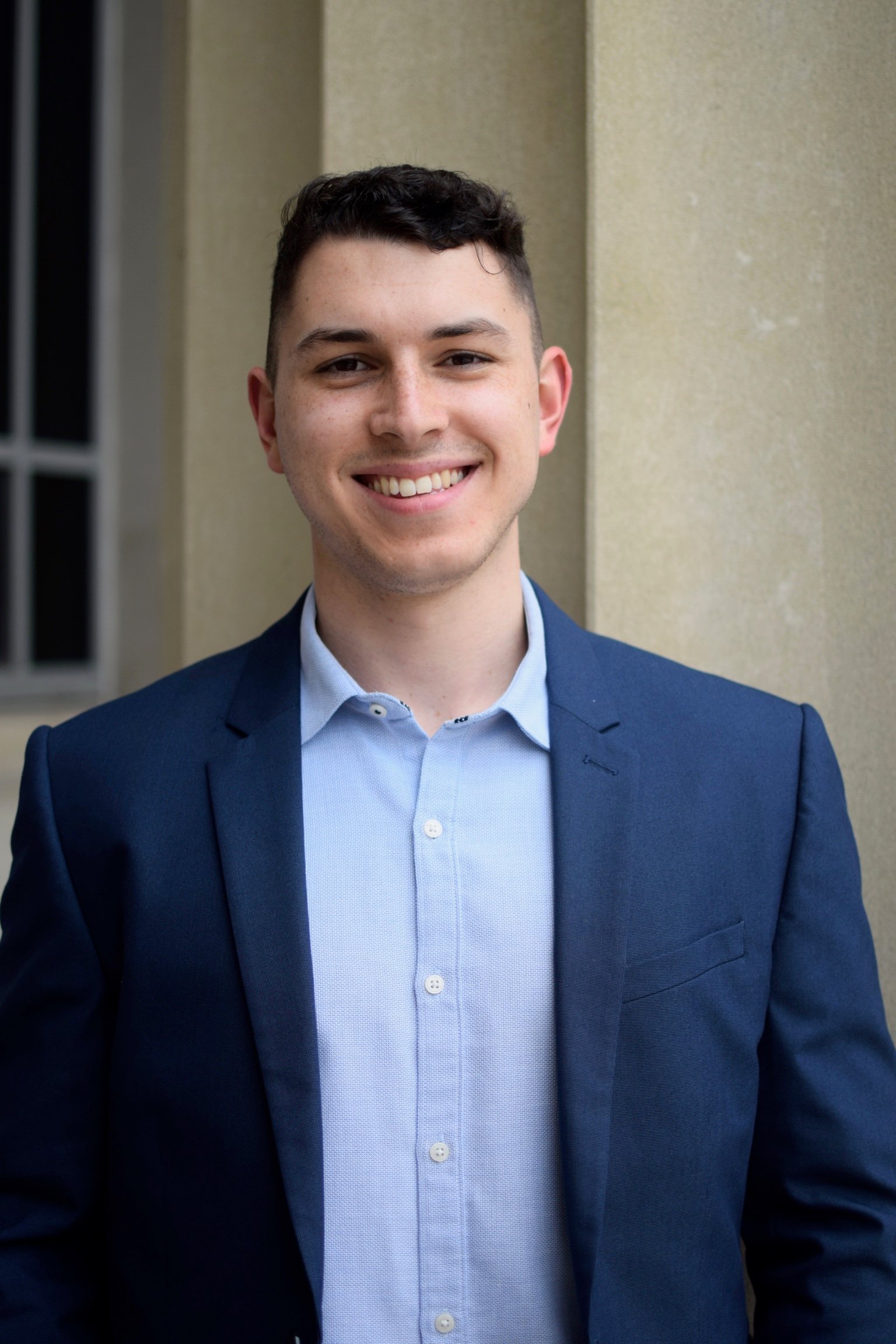
Dom
Dom is a PhD Candidate in Political Science at Harvard University. Previously, he graduated from the University of Michigan with degrees in Political Science and Statistics.
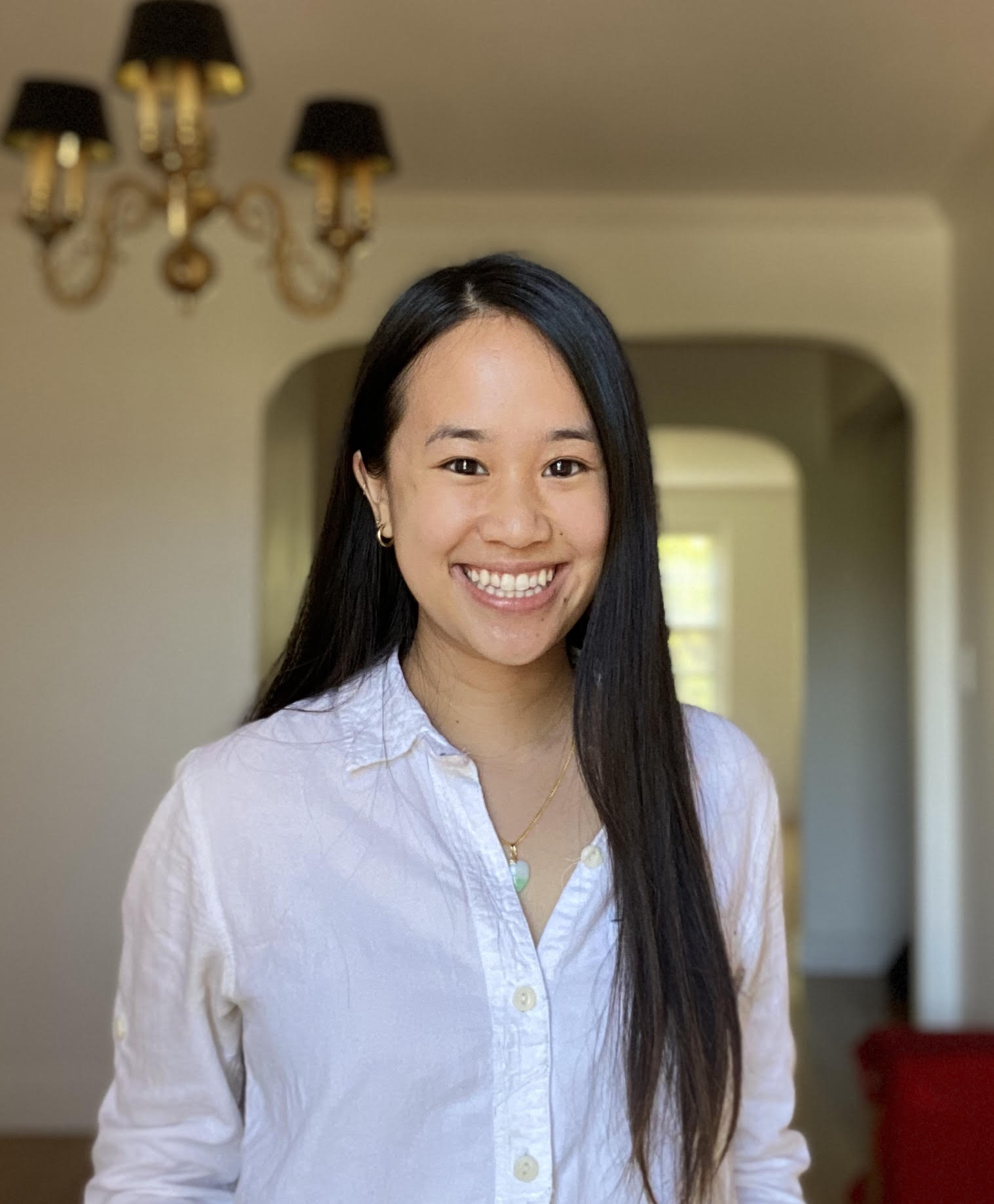
Sabrina W.
Sabrina graduated from Harvard College with High Honors in Economics and a minor in Ethnicity, Migration, and Rights. She is currently pursuing an MBA at Harvard Business School and an MPP at Harvard Kennedy School. Sabrina is also experienced as a Management Consultant at both Bain & Company and the Boston Consulting Group.
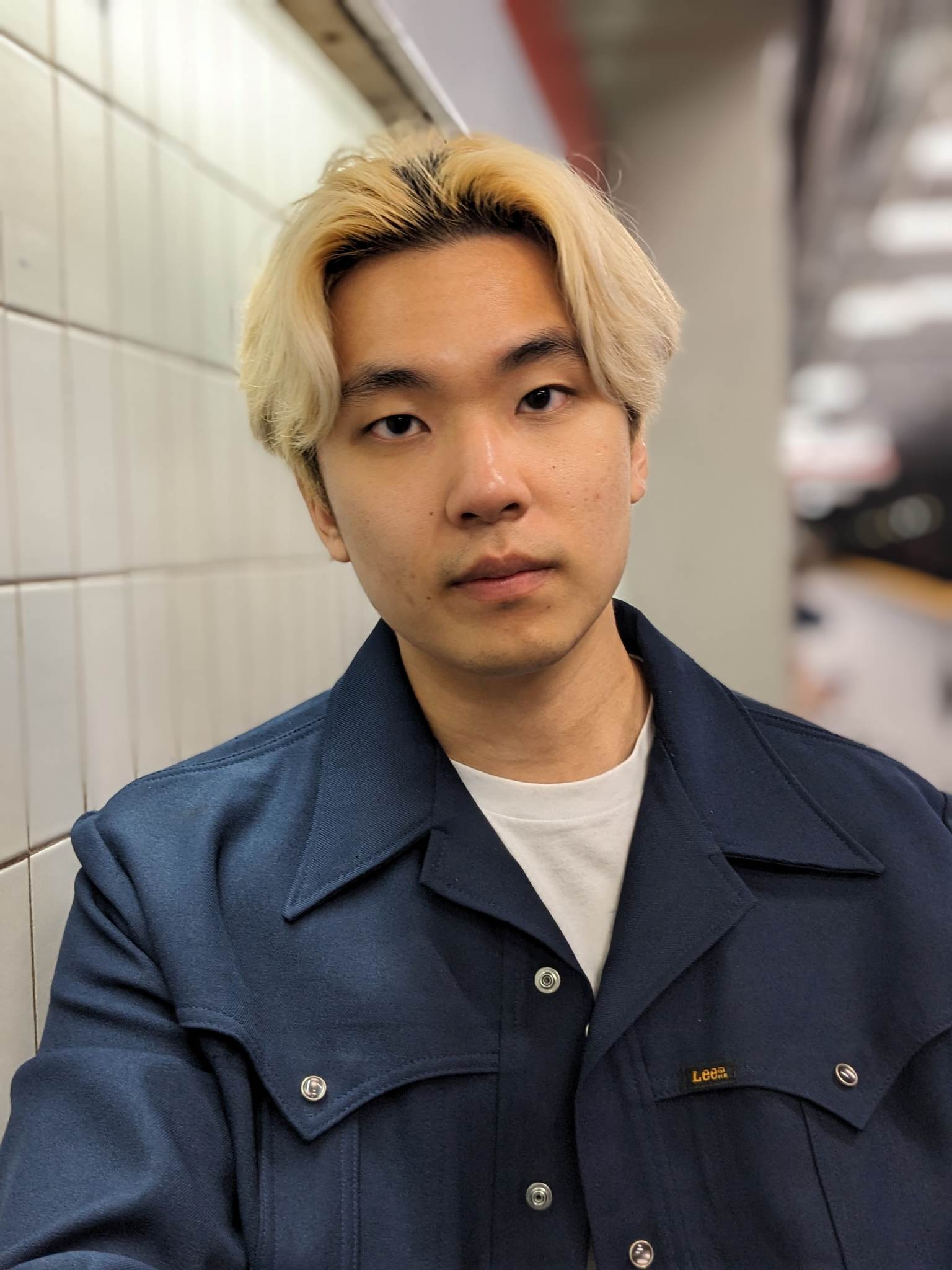
Jinoh
Jinoh attended Columbia University, where he graduated with a Neuroscience and Behavior major with a 3.8 GPA and departmental honors. He is currently pursuing a PhD in Neurobiology at Harvard.
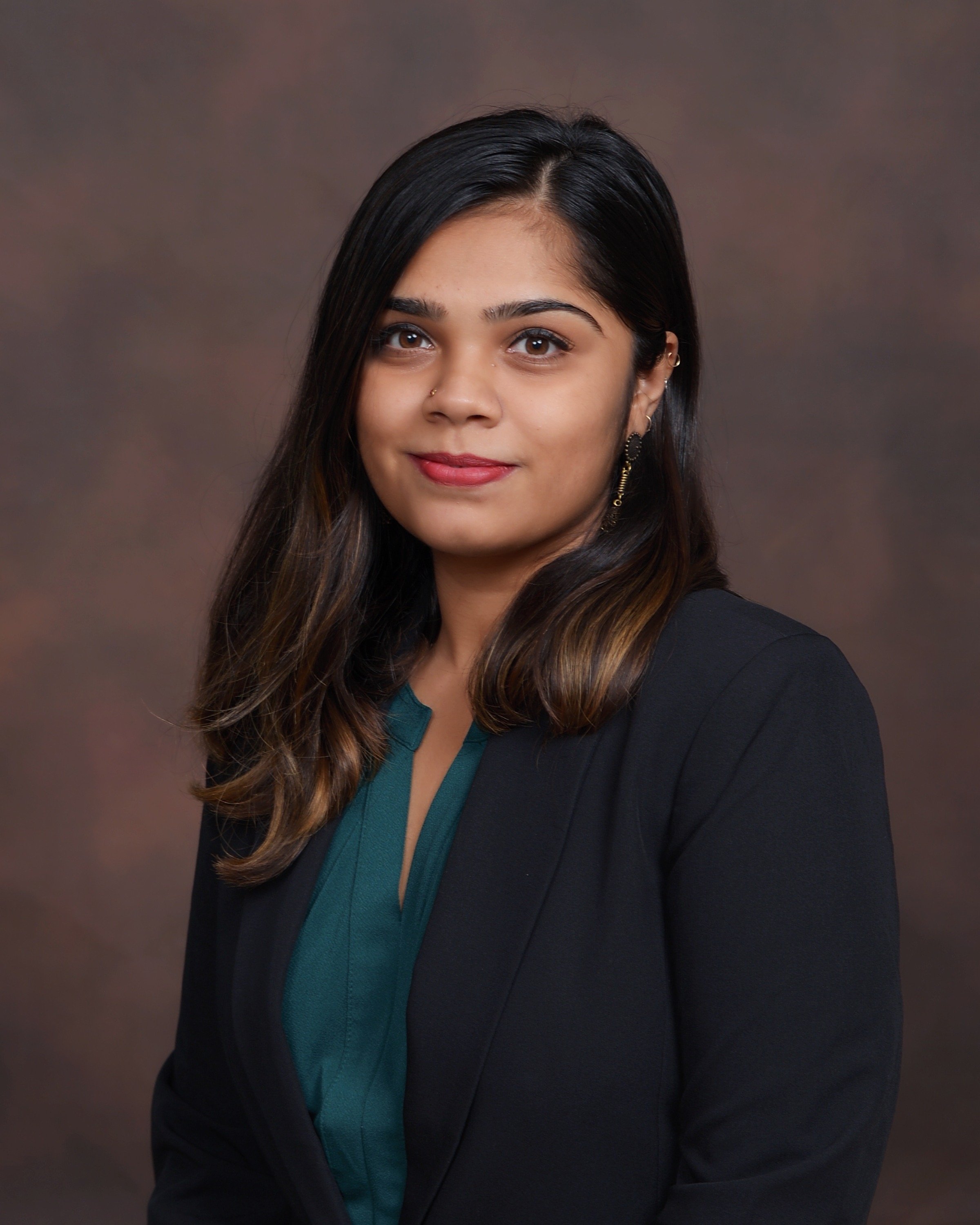
Varna
Varna earned her BEng in Computer Science and Engineering from Anna University and then spent over four years working as a Software Engineer. She graduated with an MBA from NYU Stern School of Business, specializing in Sustainability and Business Innovation.
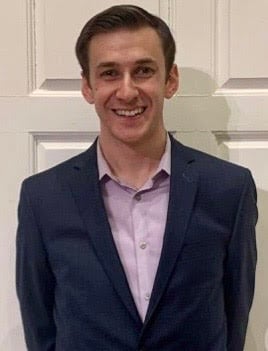
Torrin
Torrin triple majored at Oberlin College in Music Composition, Horn Performance, and Mathematics. He holds a Master's from the Manhattan School of Music and recently completed an additional Master's degree from the Yale School of Music.
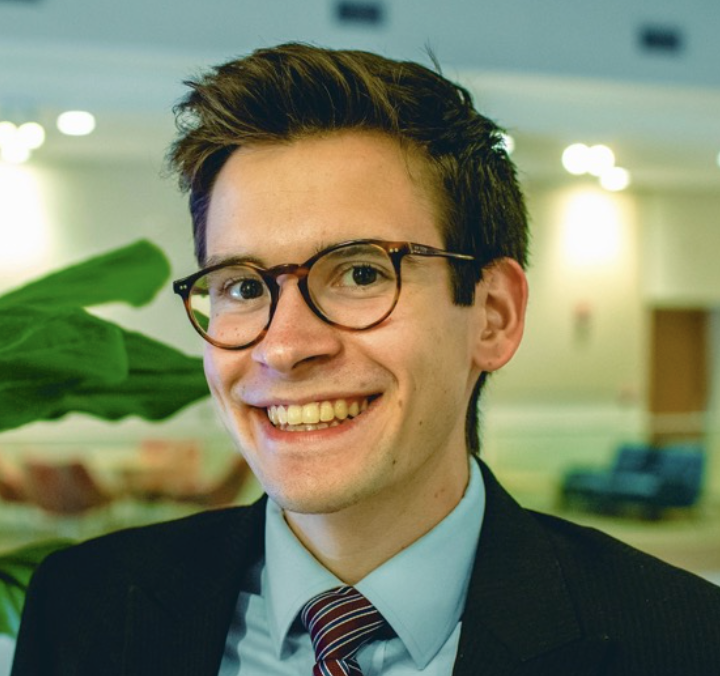
Tom S.
Tom earned master’s degrees in economics and statistics from the London School of Economics and the University of Oxford. Previously, he completed four undergraduate degrees in mathematics, economics, statistics, and philosophy at Indiana University.
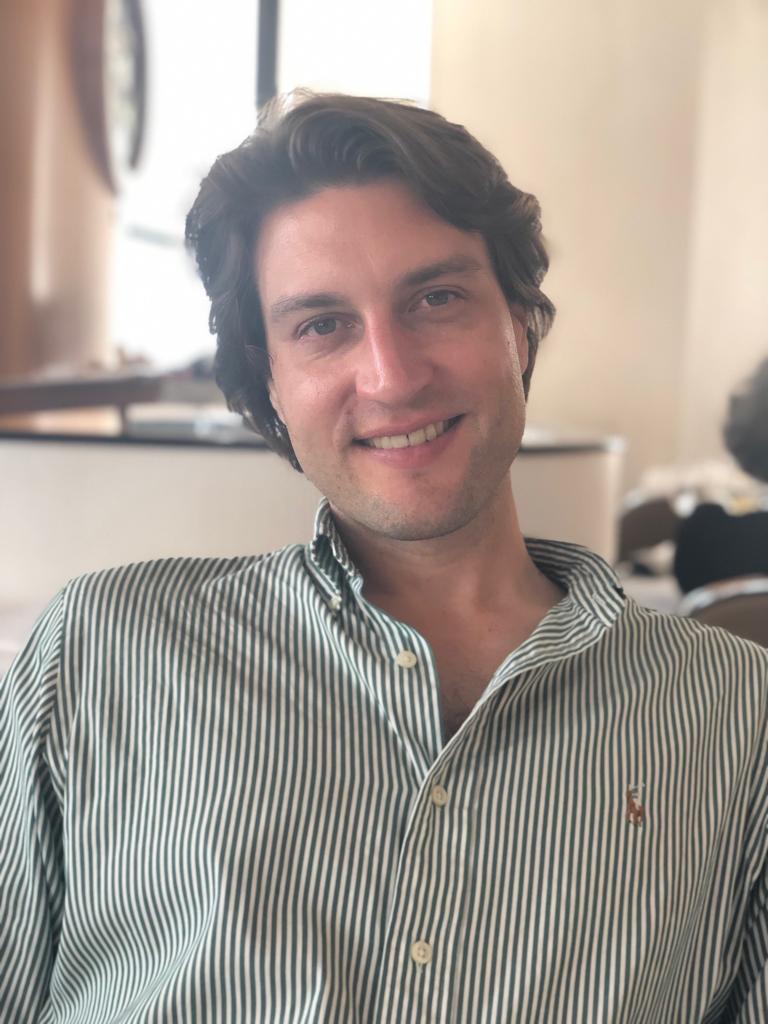
Albert A.
Albert holds an MPhil in Economics from Oxford, an MFA in Fiction from NYU, and a PhD, focused on the theory of comedy, from the University of New South Wales. He is a published novelist and a playwright.
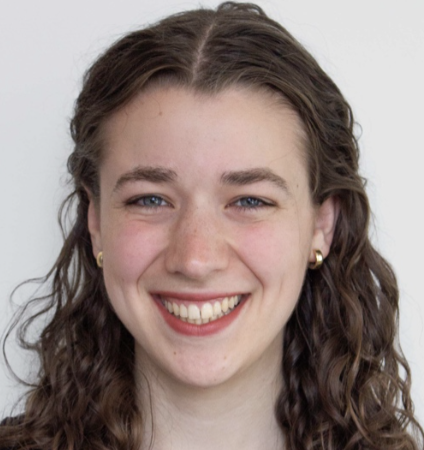
Corinne A.
Corinne is a student at Harvard Medical School in the Harvard-MIT MD-PhD program. Previously, she attended the Cleveland Institute of Music, from which she holds a degree in violin performance with minors in music history and chemistry in cooperation with Case Western Reserve University.
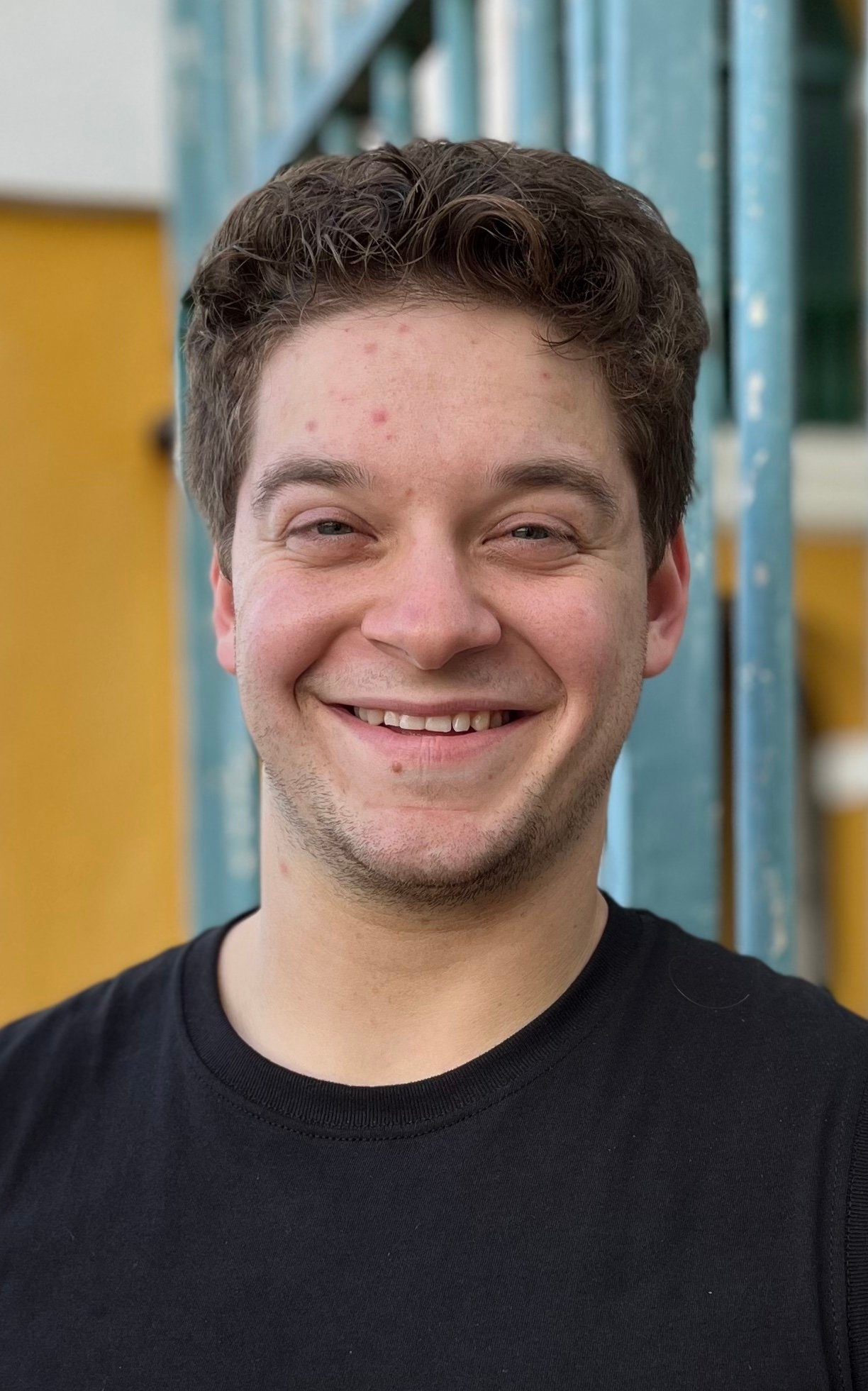
Shurik
Shurik holds a BA in Physics from the University of Rochester and is currently a PhD candidate in the Bioengineering Department at the University of Pennsylvania.
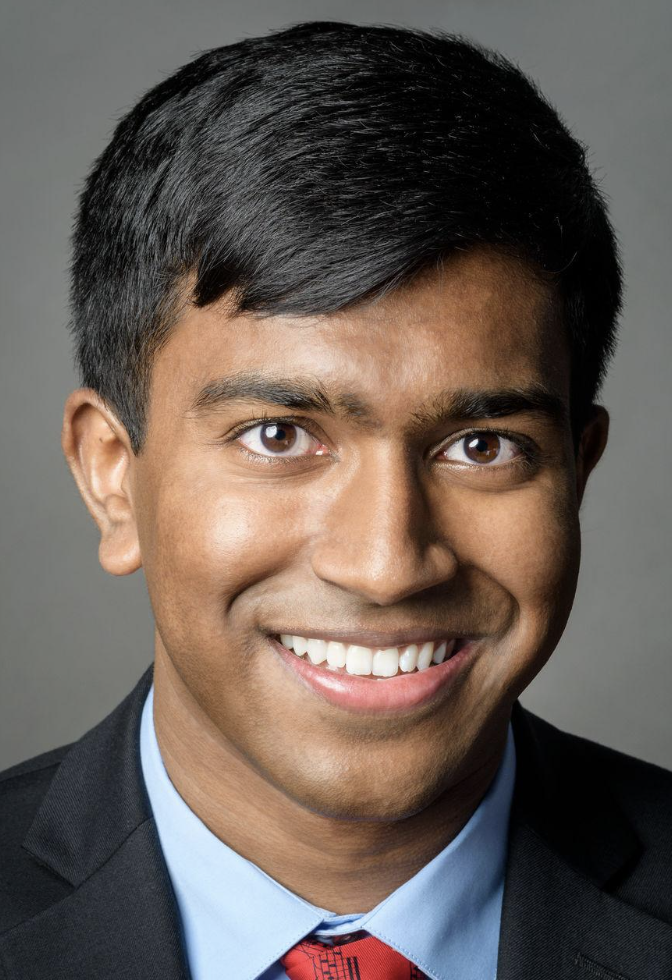
Ashvin
Ashvin earned his BA in Mathematics at Harvard, receiving early election to Phi Beta Kappa, graduating summa cum laude, and winning the David Mumford prize. He also holds a PhD in Mathematics from Princeton.
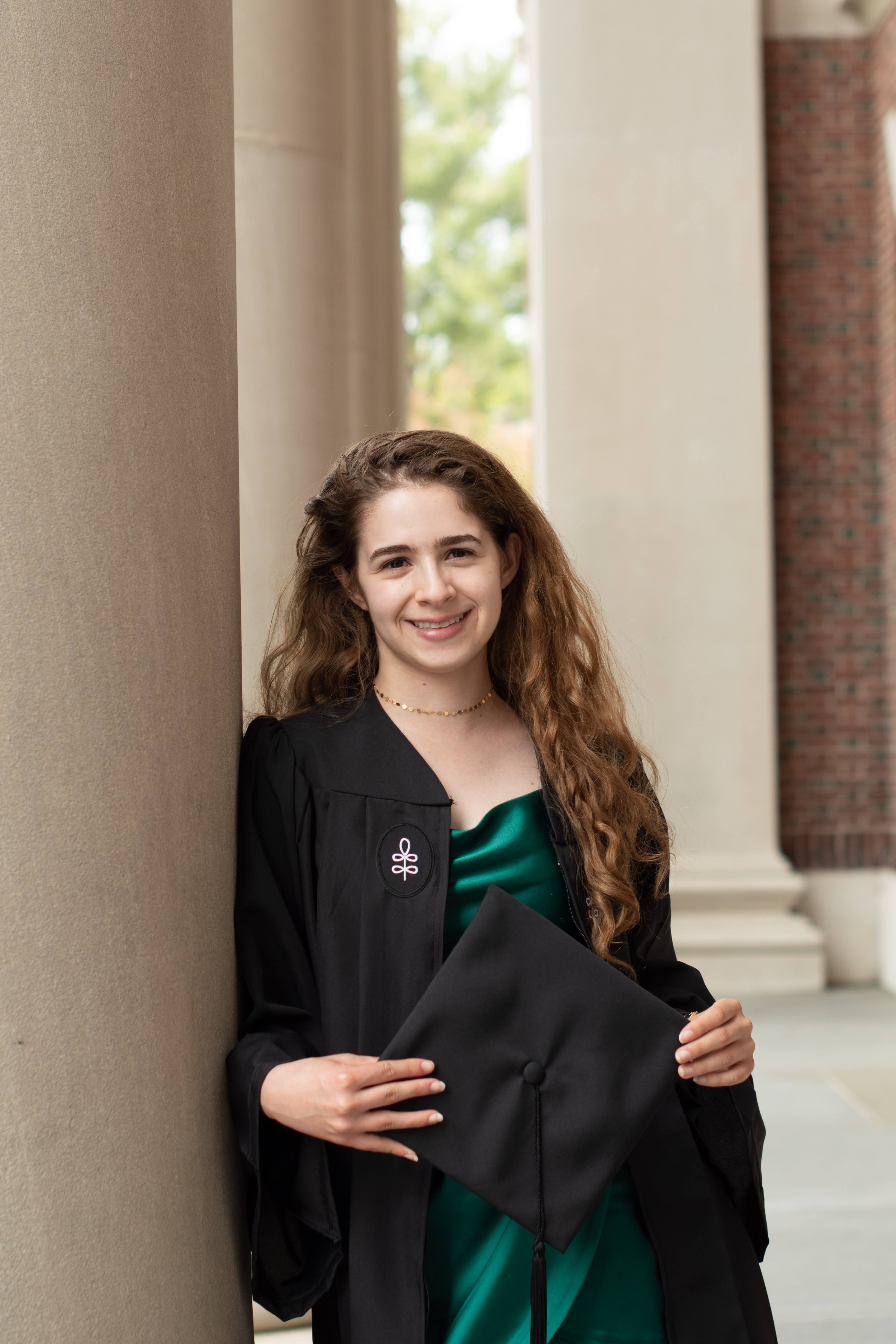
Julia M.
Julia holds a BA in Economics (summa cum laude) from Harvard College. She is currently pursuing an MSc in Statistical Science at Oxford University.
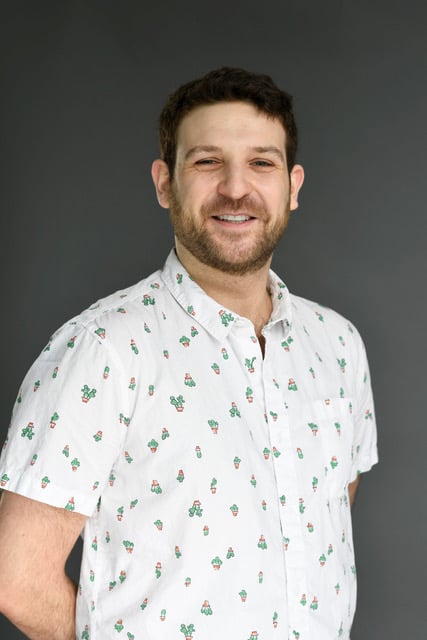
Adam T.
Adam holds a BA in Physics from Washington University in St. Louis (2013) and PhD in Physics from MIT (2024). He has worked as an engineer and data scientist.
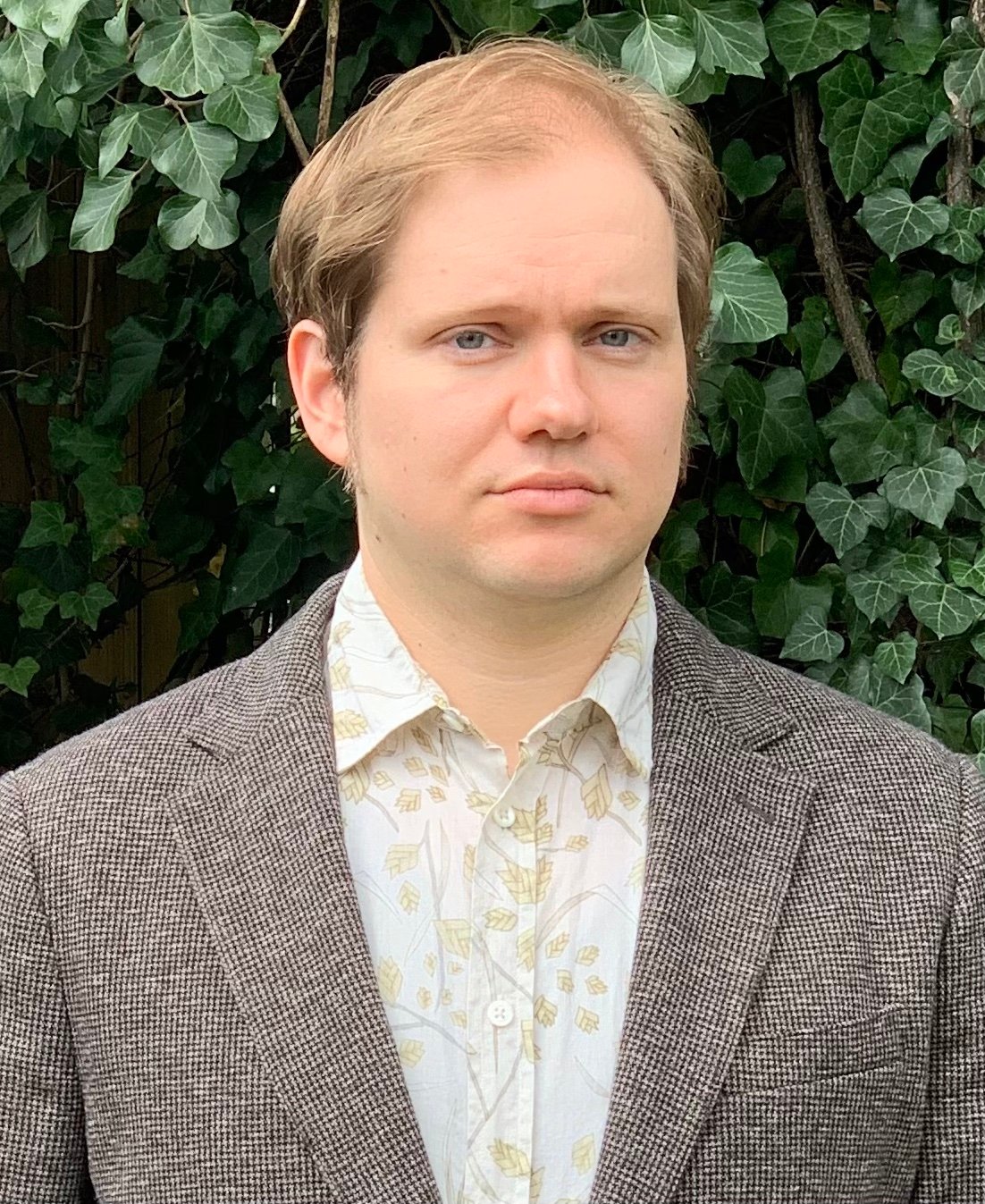
Marcus
Marcus holds a Master's in Liberal Studies from Columbia University. He previously graduated summa cum laude from the University of Minnesota with a BA in American Studies.
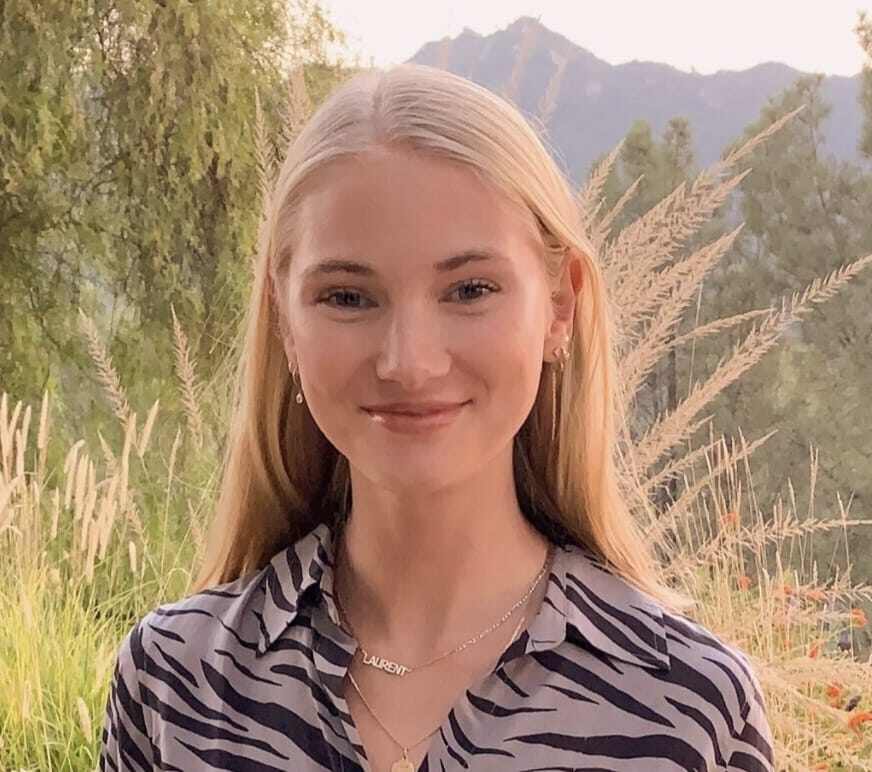
Emma La.
Emma is a PhD Candidate in Psychology at Harvard University. She holds an MA in Psychology form Harvard and a BSc in Biology from the University of St Andrews.
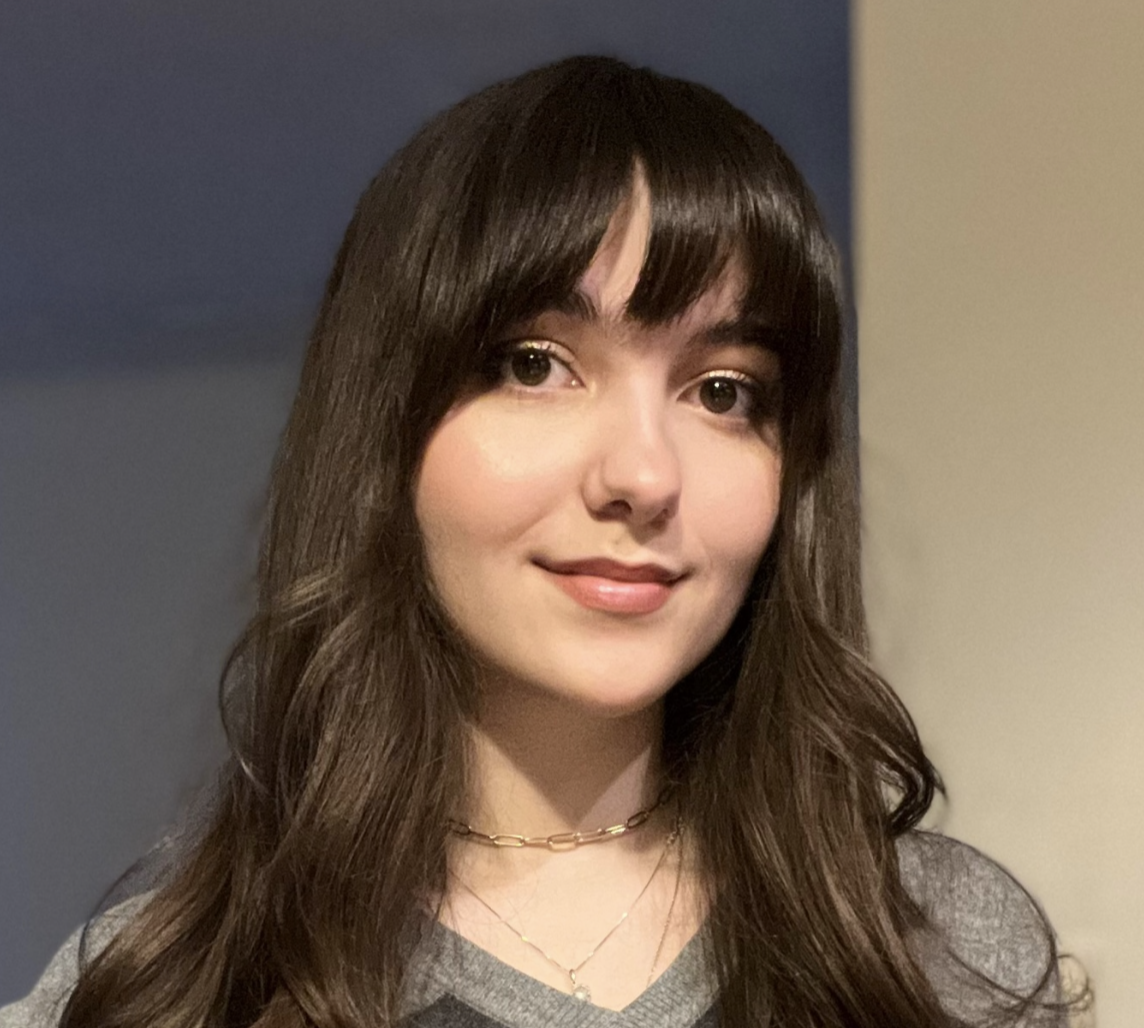
Darrell
Darrell attended Purdue University, where she earned her BS in Physics, Mathematics, and Statistics and graduated with honors and Phi Beta Kappa. She is now a PhD candidate in Biophysics at Harvard University.
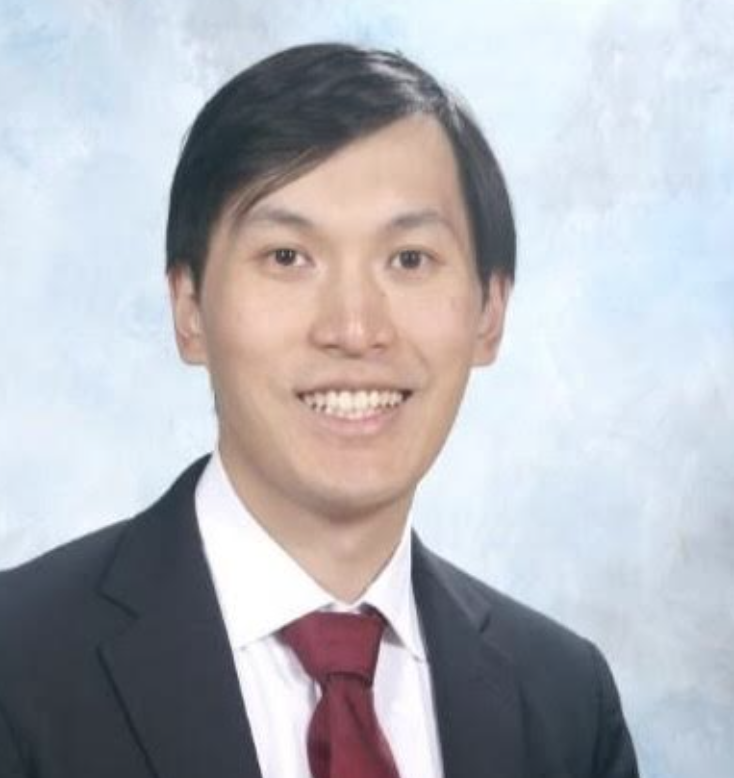
Weber
Weber attended Washington University in St. Louis, where he studied finance in the Olin Business School and graduated with honors. He is now pursuing his MBA at University of Chicago’s Booth School of Business.
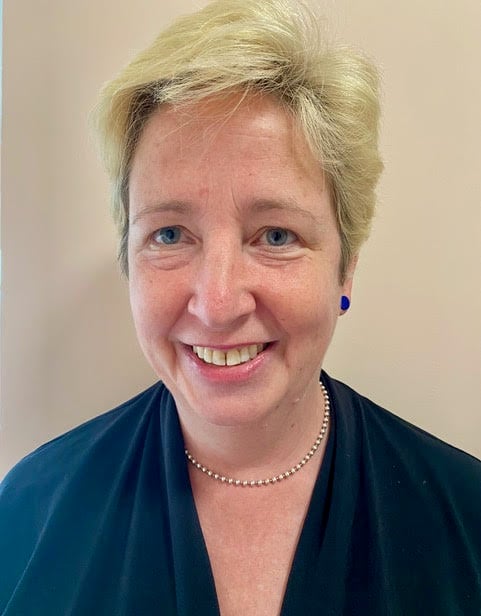
Anna H.
Anna is an Associate Professor of English at Boston University. She holds a PhD in English from Harvard and a BA in English from Yale.
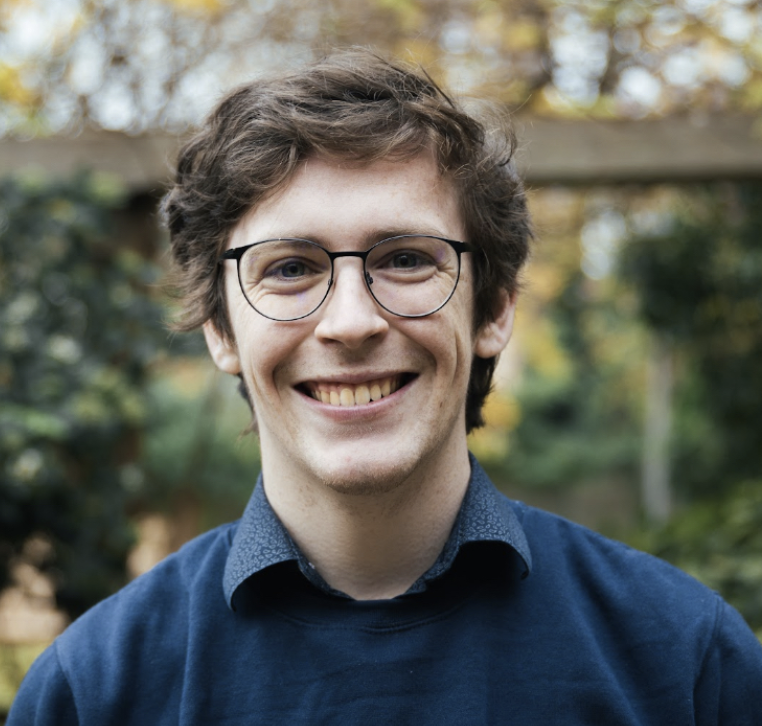
Cole
Cole is a PhD student and Ella Pawling Graduate Fellow at the University of Pennsylvania, studying observational cosmology by hunting for supernovae, dark matter, and gravitational wave events. He holds an MS in Physics from the University of Cambridge, and a BA in Physics and BS in Astrophysics from the University of Chicago.
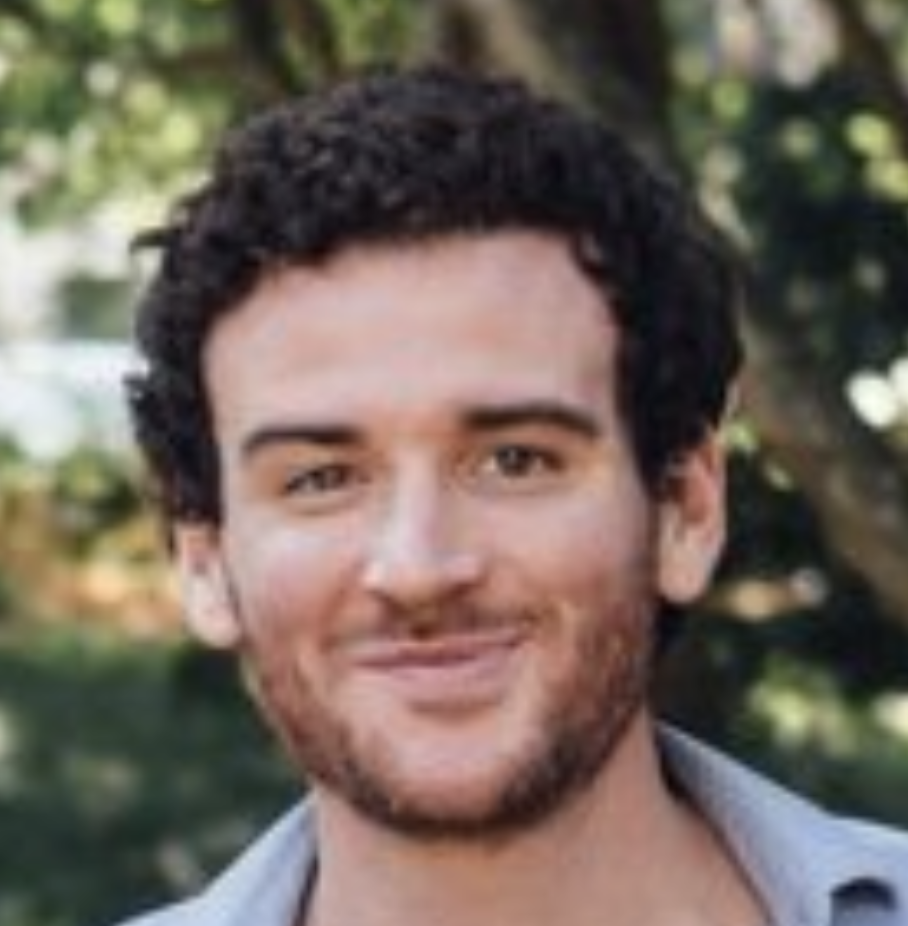
Chris H.
Chris attended Tufts University, where he double majored in Math and Philosophy. After working as a computational research assistant at the Stanford Cognitive Systems Neuroscience Lab and completing a PhD at the Harvard Vision Sciences Lab, Chris now works as an AI researcher at FAR labs.
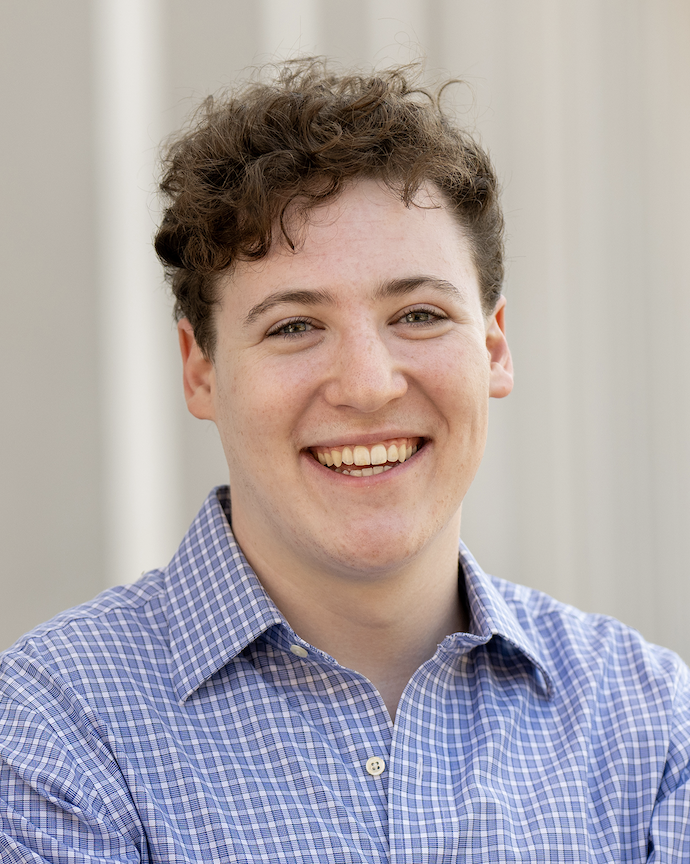
David B.
David attended Penn State for his BS in Math and Economics, and MA in Economics. After spending one year each at Yale and Princeton as a research fellow, David began his PhD in Public Policy and Economics at Harvard.
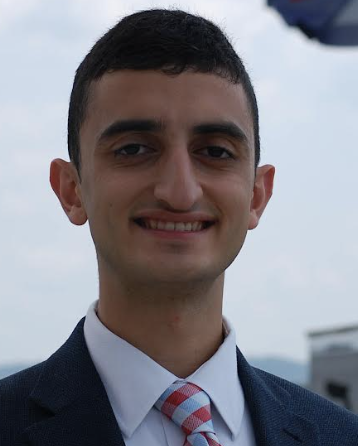
Dody
Dody graduated magna cum laude with highest honors in Economics from Harvard College and is currently pursuing an MBA on a full merit-based scholarship at the University of Notre Dame.
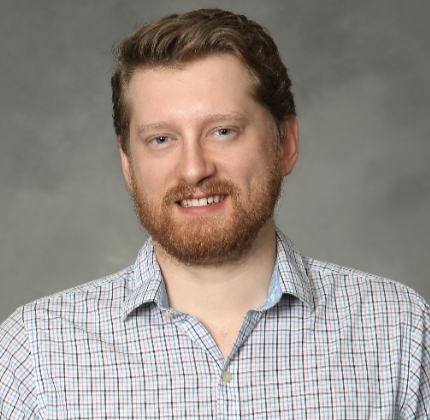
Cole S.
Cole holds an MS in Materials Science and Engineering from Columbia and a BA in Chemistry form Princeton. Currently, he works as a R&D Scientist for MacDermid Alpha.
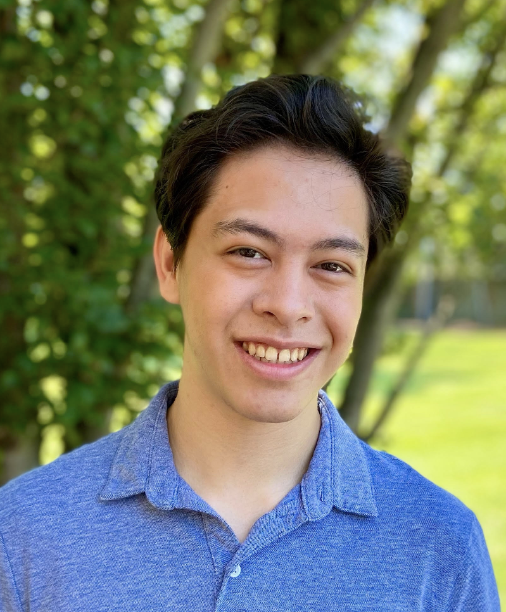
Michael W.
Michael earned his undergraduate degree from the University of Chicago, where he double-majored in history and political science and graduated summa cum laude. He is a PhD Candidate in History at Yale University, where he is researching migration and labor in the early English Empire.
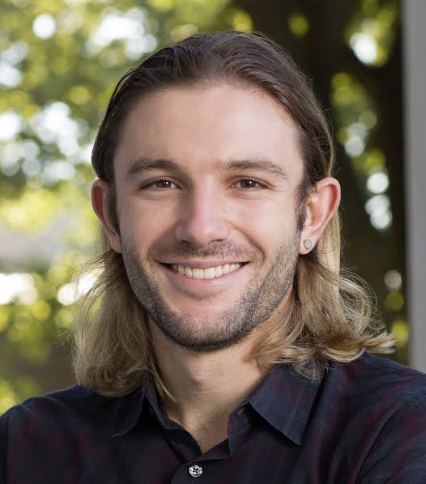
Jack H.
Jack double majored in mathematics and economics at Yale, where he published three articles in mathematics journals and won the Charles Heber Dickerman Prize for the best economics thesis. He is now pursuing his PhD in Economics at Harvard, working on a variety of problems in theoretical microeconomics.
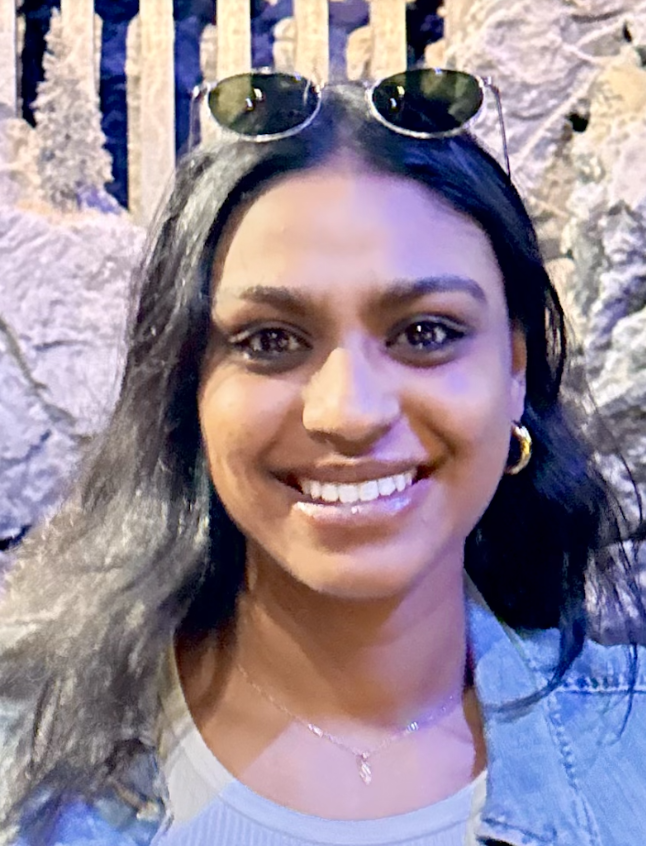
Keerthana
Keerthana graduated with honors from UC Berkeley, majoring in Molecular and Cell Biology and minoring in South Asian Studies. She is currently pursuing a PhD in Biology at MIT studying how bacteria defend themselves against viral attack.
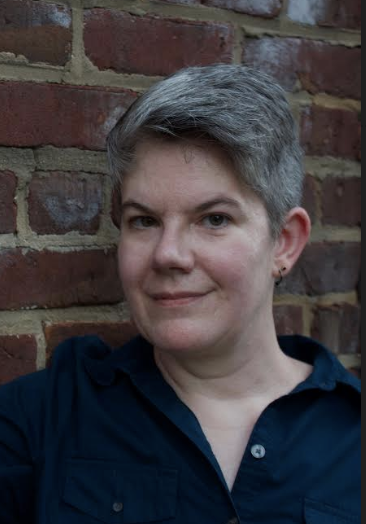
Tes
Tes graduated from the College of William and Mary with a BA in Literary and Cultural studies and then followed her passion for Irish traditional music to Ireland, where she earned an MA in Ethnomusicology from the University of Limerick. After cofounding the Blue Ridge Irish Music School, a nonprofit in Charlottesville, Virginia, she returned to school and received her doctorate in Music from New York University in 2010.
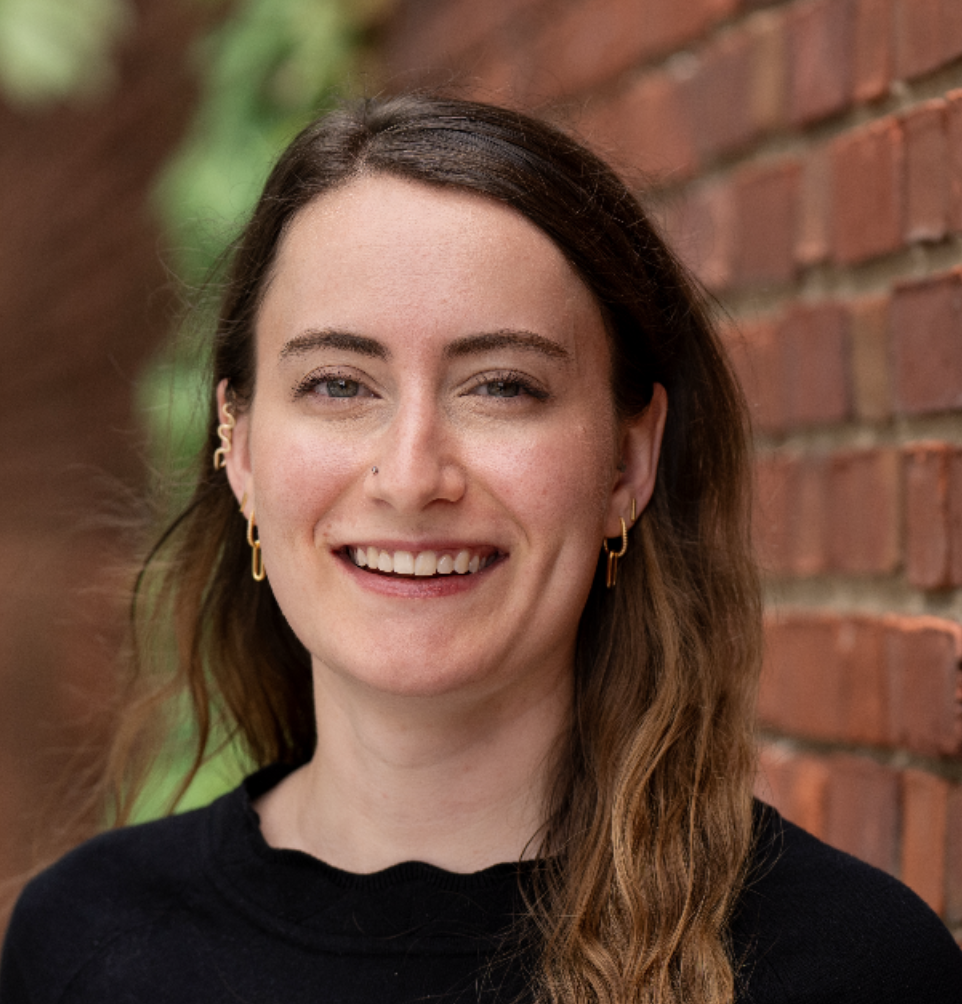
Emily
Emily majored in Economics and graduated from the University of Notre Dame with a 3.9/4.0 GPA (Phi Beta Kappa, Omicron Delta Epsilon). She is now pursuing a PhD in Economics at Princeton University.
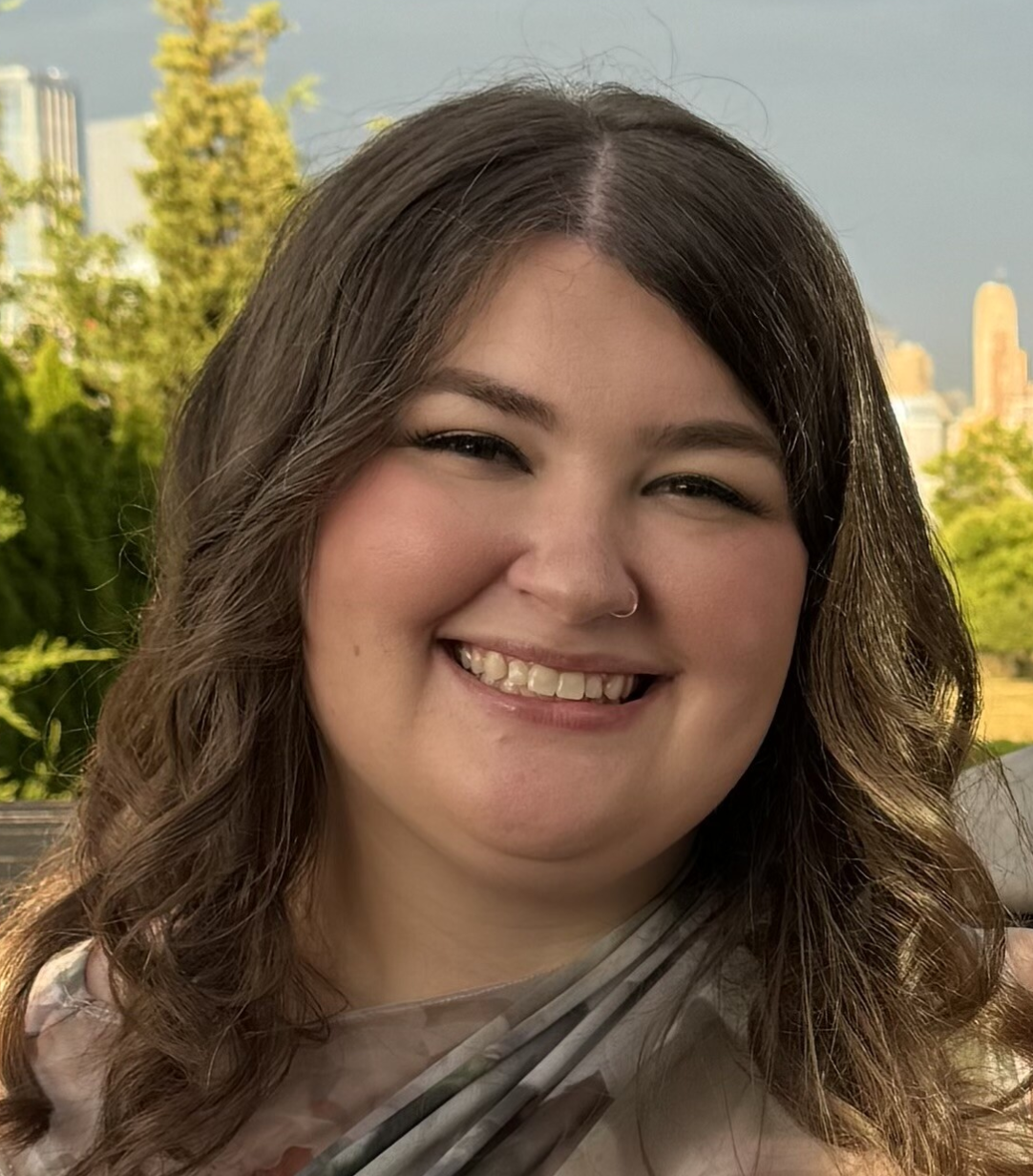
Hallie
Hallie combined her love for languages and public health by earning two Bachelor’s degrees from the Ohio State University, a BA in Spanish with a focus in Iberian Literatures and Cultures and a BS in Public Health with a focus in Environmental Public Health. After completing her undergraduate studies she made the move to the big city to get her MPH from Columbia University’s Mailman School of Public Health, with a focus in Comparative Effectiveness and Outcomes Research.
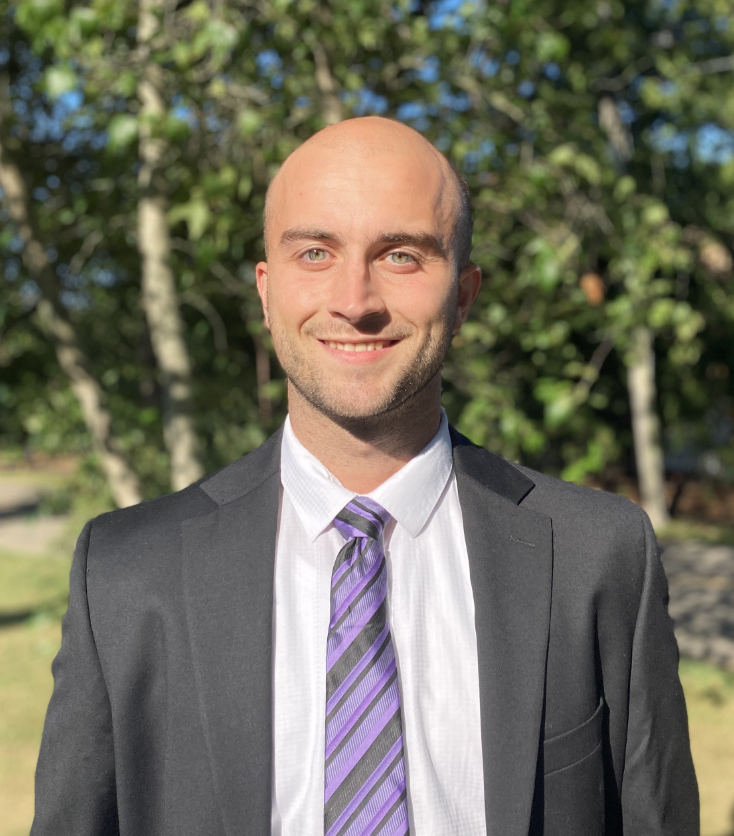
Matt B.
Matt holds a JD from Yale Law School and a BA from Brown University (magna cum laude). After spending three years working as an economic consultant, he is currently pursuing a PhD in Political Science at UC Berkeley.
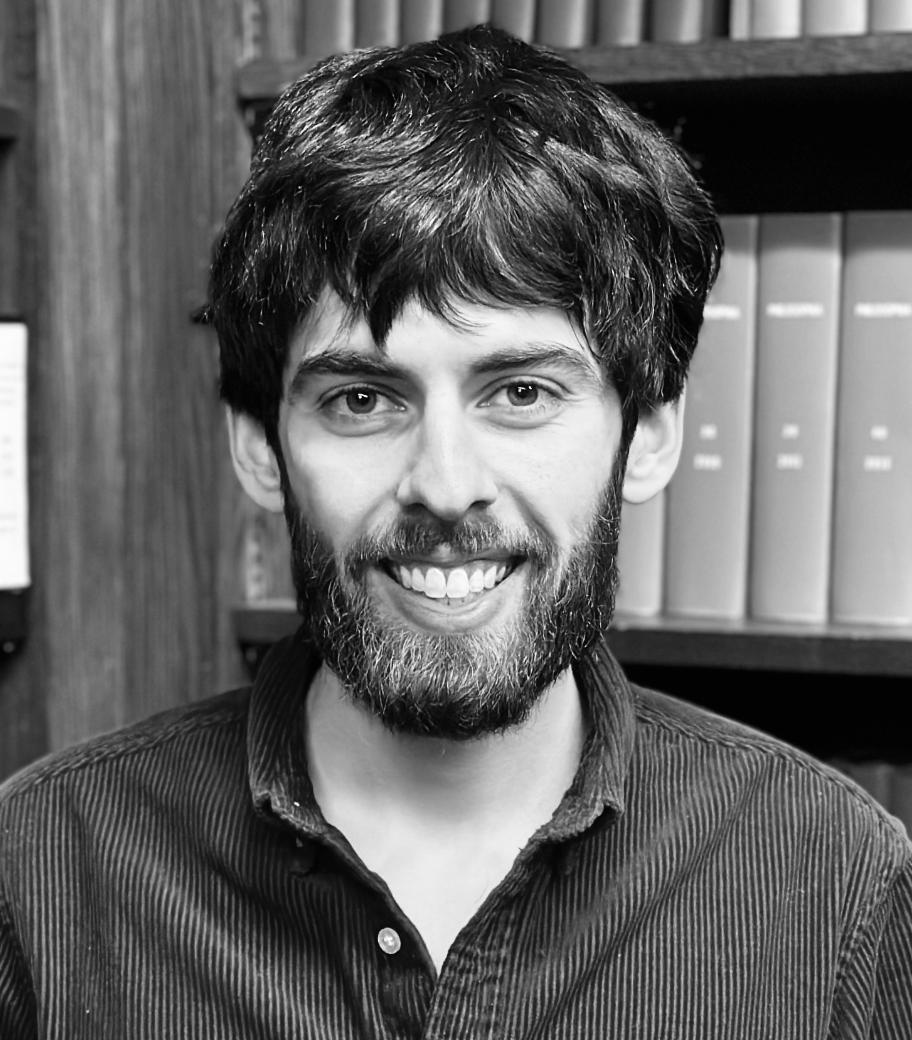
Gregc
Gregory holds a BA in Mathematics and Philosophy from Amherst College (summa cum laude, Phi Beta Kappa) and an Msc in Mathematics from Oxford. He is currently a PhD Candidate in Philosophy at Harvard University.
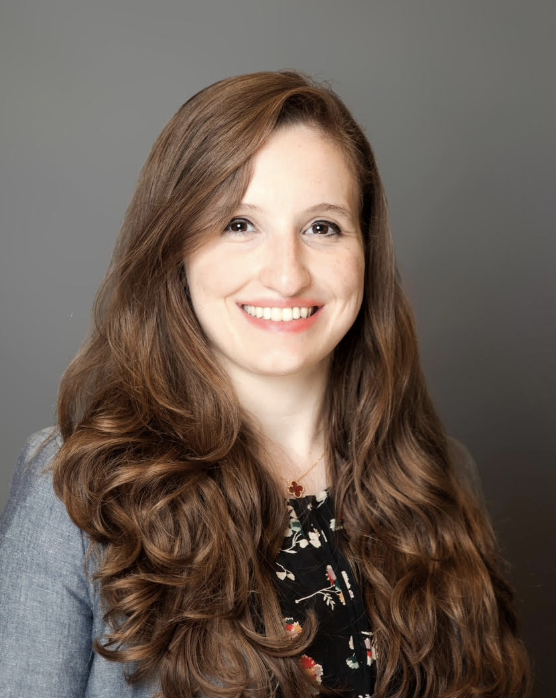
Shannon
Shannon holds a BA in Economics from Princeton University. She also holds an MBA from Wharton and a Master’s in International Studies from the Lauder Institute at UPenn. She received a 770 on the GMAT (top 1%) and has several years of tutoring experience.
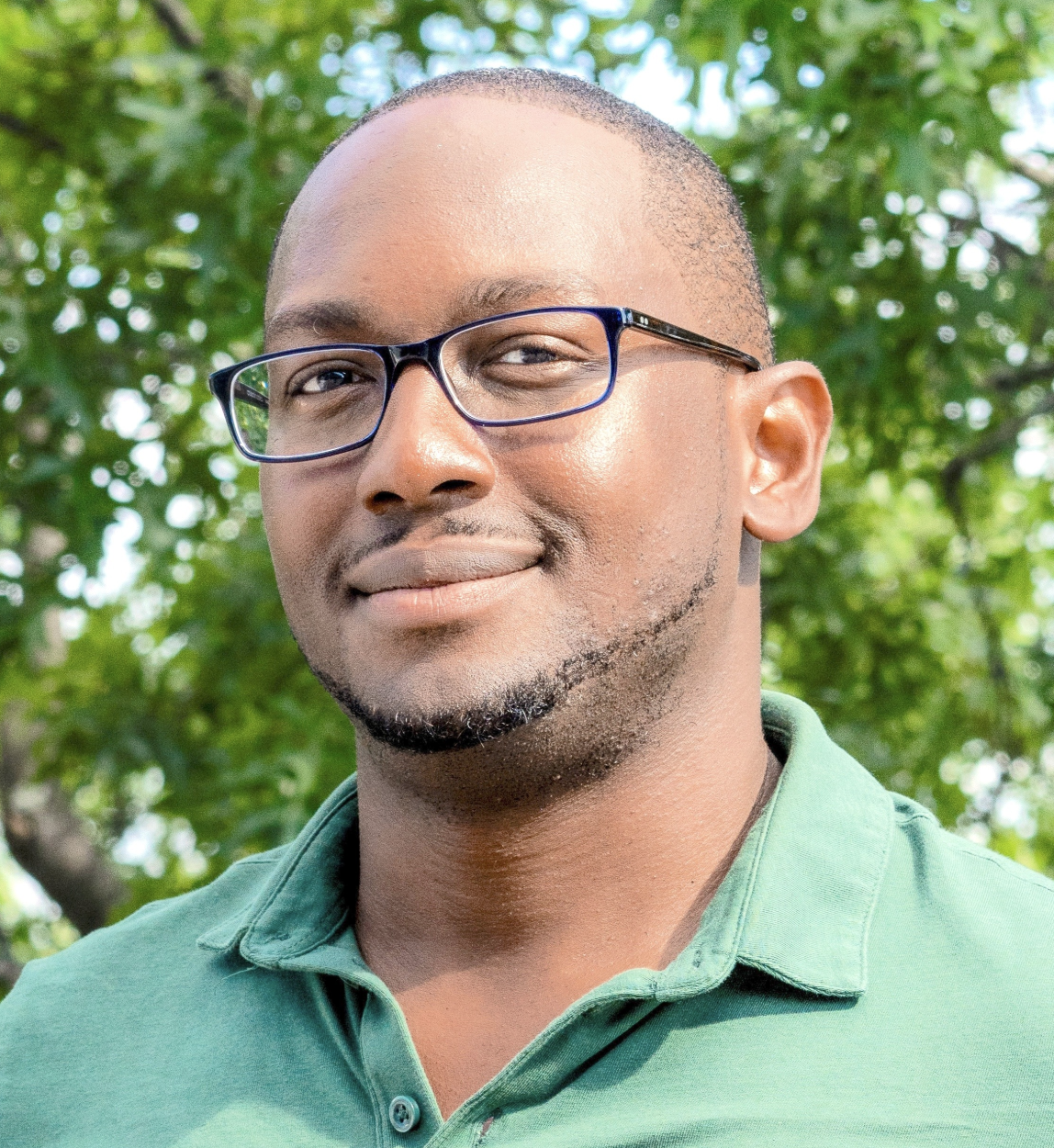
Hakim
Hakim attended Boston University, earning his BA in Mathematics, with minors in Philosophy and Spanish. Before continuing to graduate school, Hakim served as an admissions officer and research analyst at MIT, where he worked to recruit, select, and mentor high-achieving STEM students from around the world. Eventually, Hakim went on to earn his MA and PhD in Mathematics at George Washington University, with a focus in logic and computability theory.
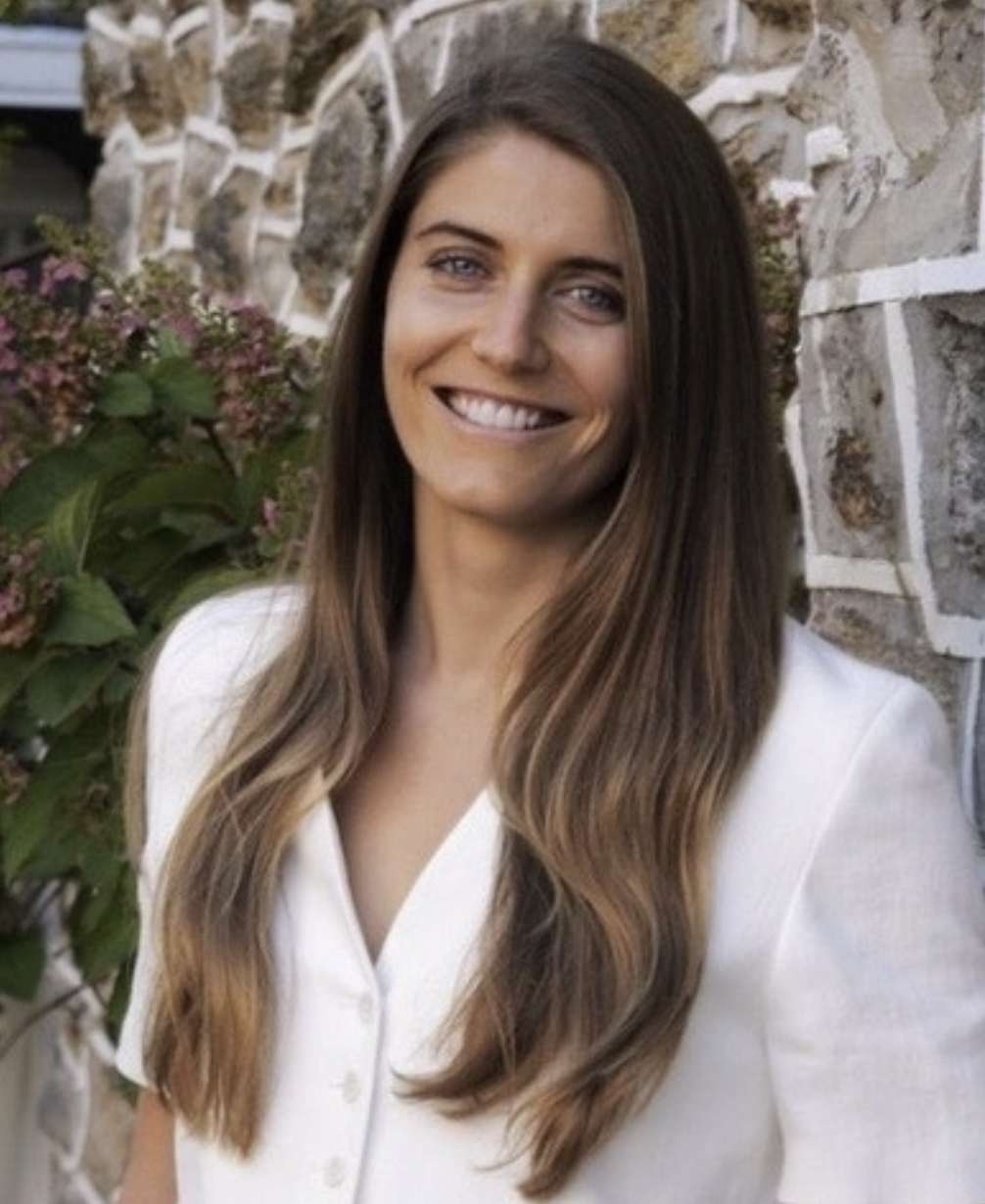
Moira
Moira holds a joint PhD/MPH in Medical Anthropology from Northwestern University and Northwestern Feinberg School of Medicine, where she was awarded grants by the National Science Foundation and National Institutes of Health to conduct reproductive health research on a range of topics. She holds a faculty appointment at the University of Pennsylvania Perelman School of Medicine.
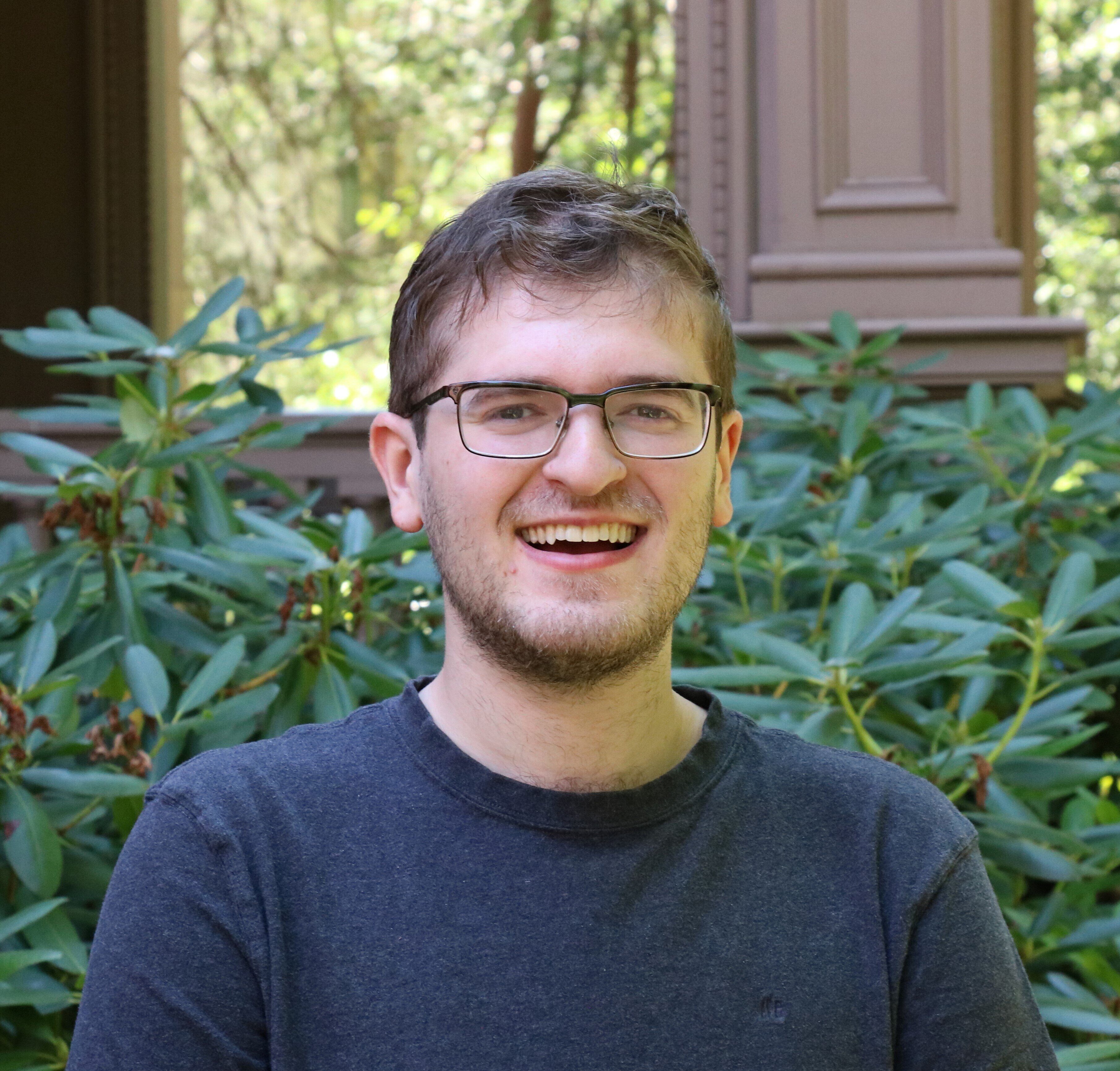
Eric S.
Eric attended Brown University, double-majoring in Applied Mathematics/Economics and Education Studies. After college, Eric became a research fellow in the Economics of Education at Yale University, where he started his PhD in Economics two years later. Eric hopes to become a professor after his PhD and is excited to teach and advise students of the future.
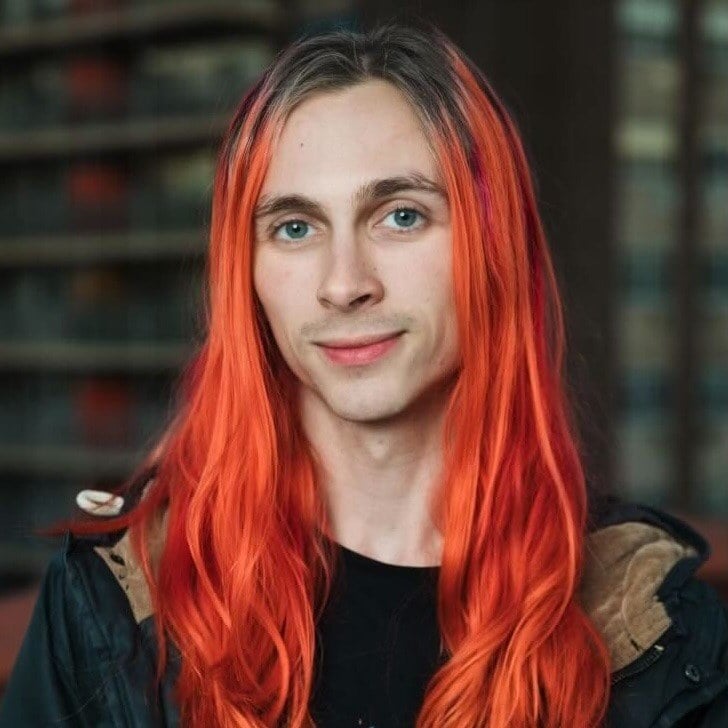
Andrewc
Andrew attended Columbia University, graduating summa cum laude with a major in Chemical Engineering and minors in Biomedical Engineering and Applied Mathematics. They are now pursuing their PhD in Biomedical Engineering at Columbia University, where they investigate the mechanics of embryonic development using fruit fly embryos as a model system.
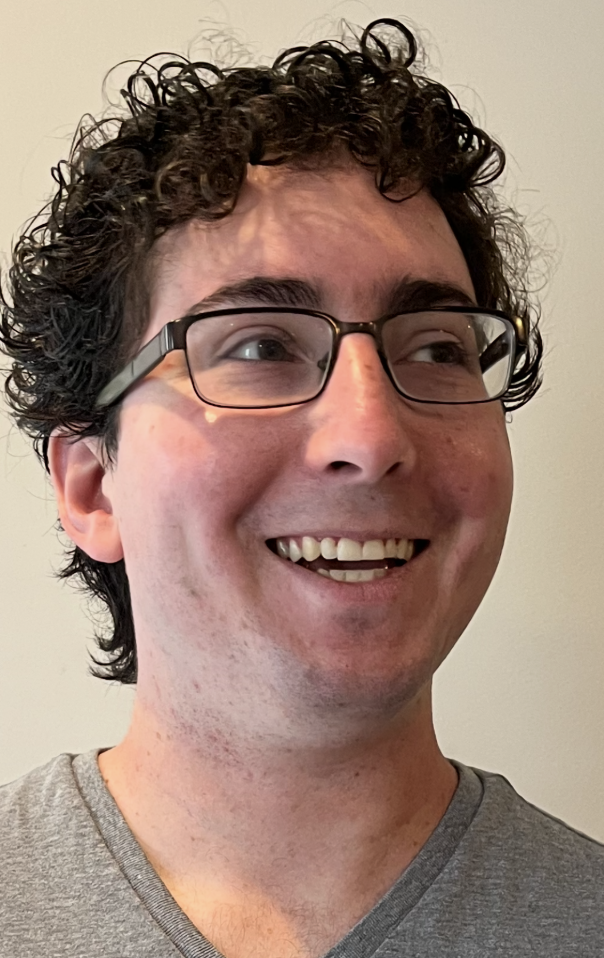
Noah L.
Noah graduated magna cum laude with a degree in mathematics from Northeastern University. After working various jobs in insurance, defense, and technology, he came back to his first love of teaching. He is now a full-time tutor in the Boston area.
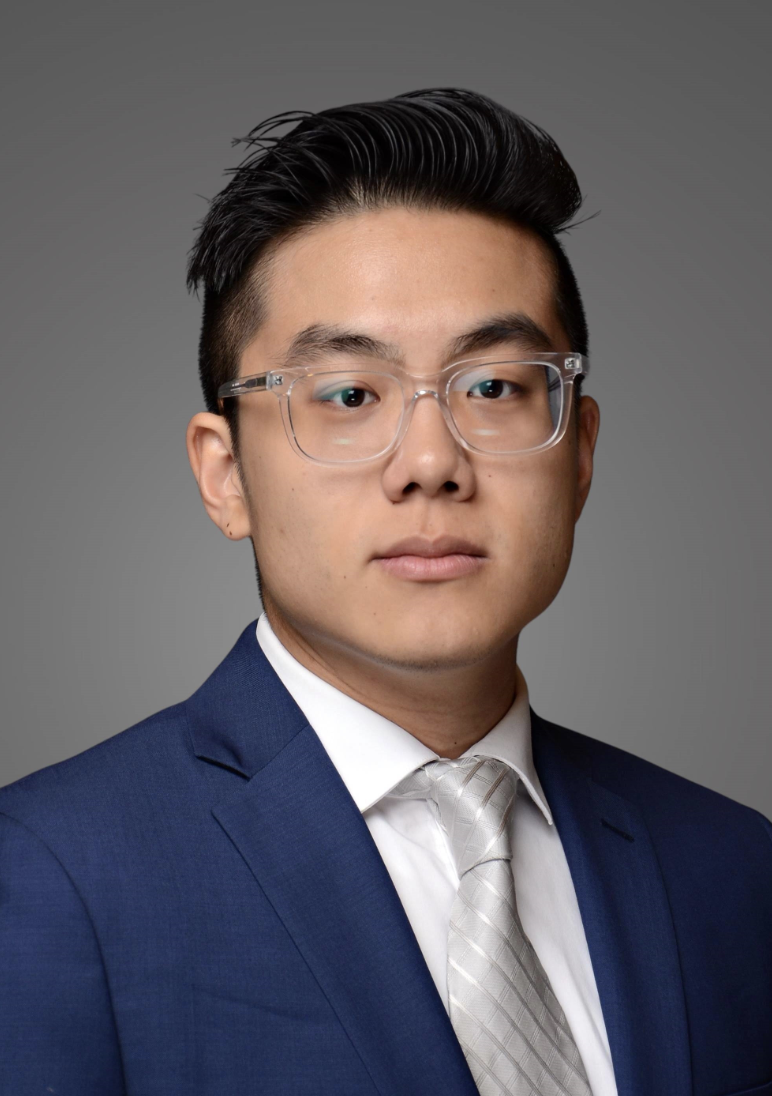
Mark G.
Mark is currently an MBA candidate at NYU Stern. He is spending his summer working in investment banking with plans to return full-time after graduation
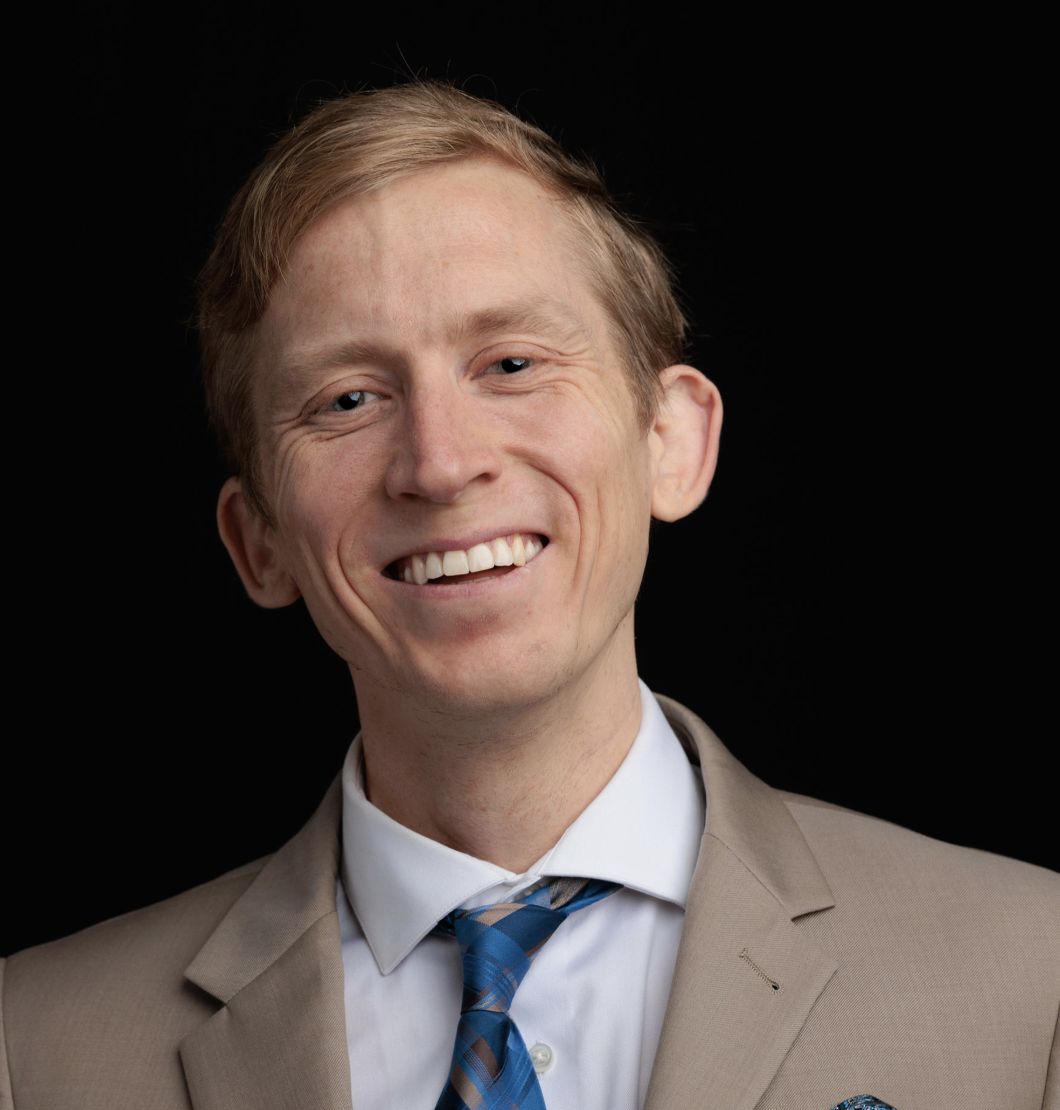
John Y.
John graduated magna cum laude with a degree in philosophy from Columbia. He completed his first master's in math education, and his second in public policy at Harvard. He aspires to return some day to complete a PhD in plasma physics.
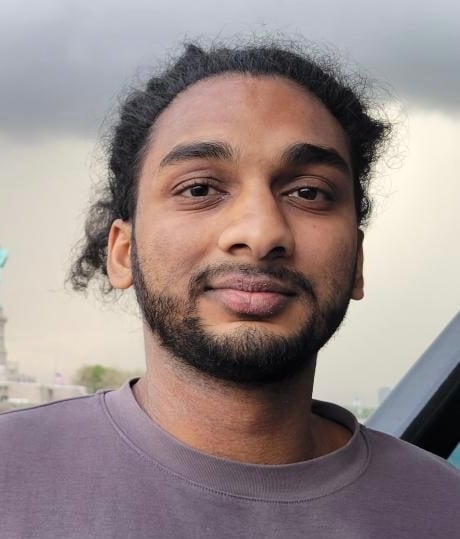
Vinith
Vinith graduated from NYU with a degree in Mathematics and Economics. He is now entering his Masters in Mathematics at Tufts University, where he hopes to delve deeper and spend many sleepless nights studying the intricacies of the universe.

Ricky
Ricky is currently pursuing a joint Economics and Statistics PhD at MIT, where his research focuses on microeconomic decision theory, Bayesian learning, and misspecification-robust estimation. Before graduate school, he graduated magna cum laude from Harvard College with a degree in Mathematics, receiving Highest Honors for his undergraduate thesis.
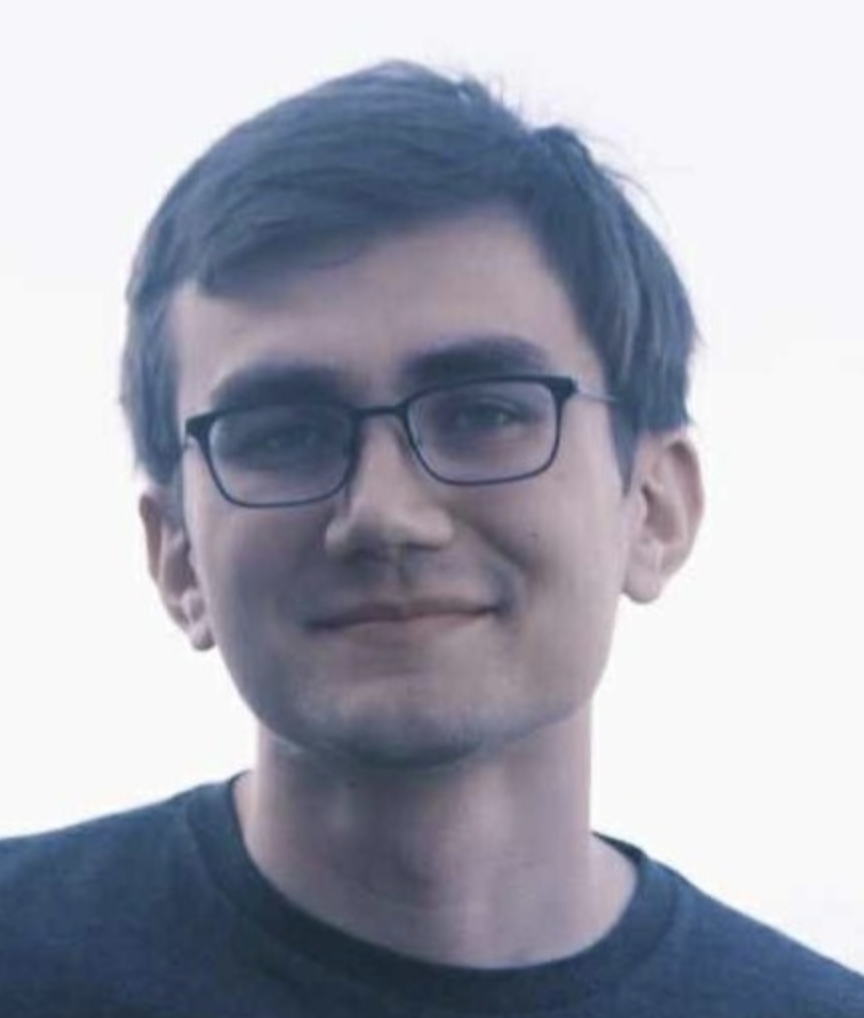
Jack P.
Jack attended Penn State for his undergraduate degree, studying math with a focus in mathematical logic. Over time his interests shifted to probability, which he is now studying for his PhD at UW-Madison.
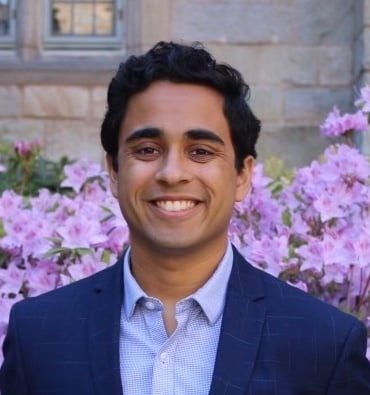
Kirin
Kirin graduated from Yale University with a BS in Cognitive Science (magna cum laude, Phi Beta Kappa), focusing on language and cognition, as well as earning a certificate in German. After Yale, he received an MPhil in Modern South Asian Studies from the University of Cambridge, funded by the Cambridge Trust and King’s College. Kirin is now an MD candidate at the Icahn School of Medicine at Mount Sinai.
Testimonials
“Tutoring with Harry was exactly what I was looking for — flexible and targeted. Harry patiently explained concepts in an intuitive way, and sessions were very productive. Harry made the most of the time discussing study strategies, material concepts, and practice problems. Overall, this was a great service, and I am very glad I didn't do one of those online courses that would've cost more and given me less personal attention.”
“I am so glad I came across Cambridge Coaching for my GRE preparation last spring! Paul is not only an expert in every section of this exam, but he is also an incredible teacher. He preps and tailors each session to the specific needs of the individual. I am proud to say that a year later, I will be attending my number one graduate program of choice.”
“I appreciated having a personalized tutoring experience outside of the industry giants. I knew that I was getting high quality instruction because my tutor had taken the test himself very recently with excellent scores, and had already assisted multiple other students. Cambridge Coaching's tailored approach worked great with my pace of learning and testing schedule.”
“Alex was amazing. He is obviously a brilliant mathematician, but besides that, what truly stuck out to me was his positivity and encouragement. His way of breaking down both specific problems and underlying concepts were always clear, and definitely helped me improve my GRE skills. Cambridge Coaching is such a professional organization and Alex was the best tutor I've worked with.”
Testimonials
“Tutoring with Harry was exactly what I was looking for — flexible and targeted. Harry patiently explained concepts in an intuitive way, and sessions were very productive. Harry made the most of the time discussing study strategies, material concepts, and practice problems. Overall, this was a great service, and I am very glad I didn't do one of those online courses that would've cost more and given me less personal attention.”
“I am so glad I came across Cambridge Coaching for my GRE preparation last spring! Paul is not only an expert in every section of this exam, but he is also an incredible teacher. He preps and tailors each session to the specific needs of the individual. I am proud to say that a year later, I will be attending my number one graduate program of choice.”
“I appreciated having a personalized tutoring experience outside of the industry giants. I knew that I was getting high quality instruction because my tutor had taken the test himself very recently with excellent scores, and had already assisted multiple other students. Cambridge Coaching's tailored approach worked great with my pace of learning and testing schedule.”
“Alex was amazing. He is obviously a brilliant mathematician, but besides that, what truly stuck out to me was his positivity and encouragement. His way of breaking down both specific problems and underlying concepts were always clear, and definitely helped me improve my GRE skills. Cambridge Coaching is such a professional organization and Alex was the best tutor I've worked with.”
“Colleen was an excellent tutor and helped me score considerably higher on the GRE in less than 2 months. I enjoyed working with her for her expertise both on the GRE and general graduate school knowledge. It felt like she was able to help me unpack what was important and what needed to be paid attention to in each question.”
“Andrew is organized, easy to talk to and has an excellent command of the subject matter. He is patient and is able to break down difficult problems so they are easy to understand. I would recommend him to anyone studying for the GRE.”
“Sean was an excellent tutor. He is knowledgeable, flexible, encouraging, and reliable. I used him to tutor for the GRE, and it worked out great!”
“Weike was very professional, and very well prepared. She made sure I had enough materials to practice and study with, and held me accountable to studying and doing practice sections every week.”
verifiedGRE Resources

verifiedGRE Resources
This syllabus provides a full, in-depth overview of all major topics covered on the GRE.
FAQs
-
What is the structure of the GRE?
There are six sections on the GRE: the Writing section, two Verbal sections, two Quantitative sections, and one Experimental section (ungraded). -
How long is the GRE?
The Writing section clocks in at 60 minutes, the Verbal sections are 30 minutes each, the Quantitative sections are 35 minutes each, and the ungraded Experimental section is 30-35 minutes long. Including breaks, the entire test will take you about 4 hours. -
How is the GRE scored?
Your GRE score is listed as three separate scores: one for Quantitative Reasoning, one for Verbal Reasoning, and one for Analytical Writing. The Quantitative Reasoning and Verbal Reasoning sections are scored on a scale from 130-170. The Analytical Writing section is scored on a scale from 0-6. You’ll receive your scores online up to two weeks after you take the GRE. -
How many times can I take the GRE?
You can take the GRE up to five times in a single year, with at least 21 days in between test dates. There are no limits for lifetime attempts of the GRE. Although different admissions committees will handle multiple GRE scores differently, all of your prior GRE scores will typically be seen by the adcomm. You will not be penalized for multiple retakes, however, and score increases over multiple attempts are typically considered a positive. -
How long should I take to study for the GRE?
It depends! There's no right or wrong answer, and everyone will need to study for a different length of time. There are a few factors that determine how long you should give yourself to study for this test. If you haven't taken a math course since high school, it's best to start preparing early for the quant section of the exam. And, if you're someone who isn't so fond of standardized tests, you might want to give yourself a few extra months to get used to the structure and pacing of the GRE. The best way to determine what's right for you is to take a diagnostic GRE as soon as possible to get a sense of where you're scoring (and compare that to your goal score and application deadlines). -
How do I register for the GRE?
-
What costs are associated with the GRE?
The GRE costs $205 to take. -
What are the GRE Subject Tests?
The GRE Subject Tests focus on specific academic areas and are designed to test your knowledge in those areas. The Subject Tests currently available are: biochemistry, cell and molecular biology; biology; chemistry; computer science; literature in English; mathematics; physics; and psychology. These tests are administered once in November, December, and April only, and have different fees associated with them. -
Are GRE Subject Tests required?
While subject tests are not required by most graduate programs, strong subject test results can demonstrate your expertise in a particular area relevant to the programs you are applying for, and help your application to stand out. (Be sure to consult the requirements for the specific programs you're interested in.)
Plans
We've created a structured yet flexible pricing plan that offers everything you need to succeed on test day. While the frequency and length of sessions are flexible, most students find one or two 90-minute sessions per week to be ideal.
Hourly Rate
1 HourAll of our tutoring is available on an hourly basis. If you're not sure how much tutoring you'll need or when you plan to test, you can enroll in our "pay as you go" option.
$155
$195
$295
$395
$550
First Time Package
4.5 HoursThe three session package is a good way to get a student's feet wet, evaluate the amount of tutoring they’ll ultimately need, and see if they feel comfortable with a tutor. Most students use this package to gauge their preliminary strengths and weaknesses so that the tutor can chart a longer term plan.
$697.50
$877.50
$1,327.50
$1,777.50
$2,475.00
Comprehensive package
24 Hours 5% OFFOur preferred approach to the GRE offers complete coverage of the exam: verbal reasoning, quantitative reasoning, and analytical writing. We also review general test strategy and time management extensively.
$3,534 You save $186
$4,446 You save $234
$6,726 You save $354
$9,006 You save $474
$12,540 You save $660
Planning Ahead Package
30 Hours 10% OFFBecause the GRE heavily rewards repetition, we offer this package to students who would prefer to space their preparation out over a longer duration and complete additional practice exams. Some students find this package useful if they need to spend more time preparing for particular sections of the test or getting acclimated to the pressures of standardized testing.
$4,185 You save $465
$5,265 You save $585
$7,965 You save $885
$10,665 You save $1,185
$14,850 You save $1,650
Package pricing for the Leader tier available upon request.

Tutor Tiers
We have four tiers of tutor, with different hourly rates, which correlate to the tutor’s experience. We evaluate tutors for promotion to higher tiers based on hours worked, student outcomes, qualitative feedback, and volume of client referrals.
-
Standard
0-150 hours
$155/hour -
Senior
150-200 hours
$195/hour -
Guru
250-300 hours
$295/hour -
Master
350+- hours
$395/hour -
Leader
Price upon request